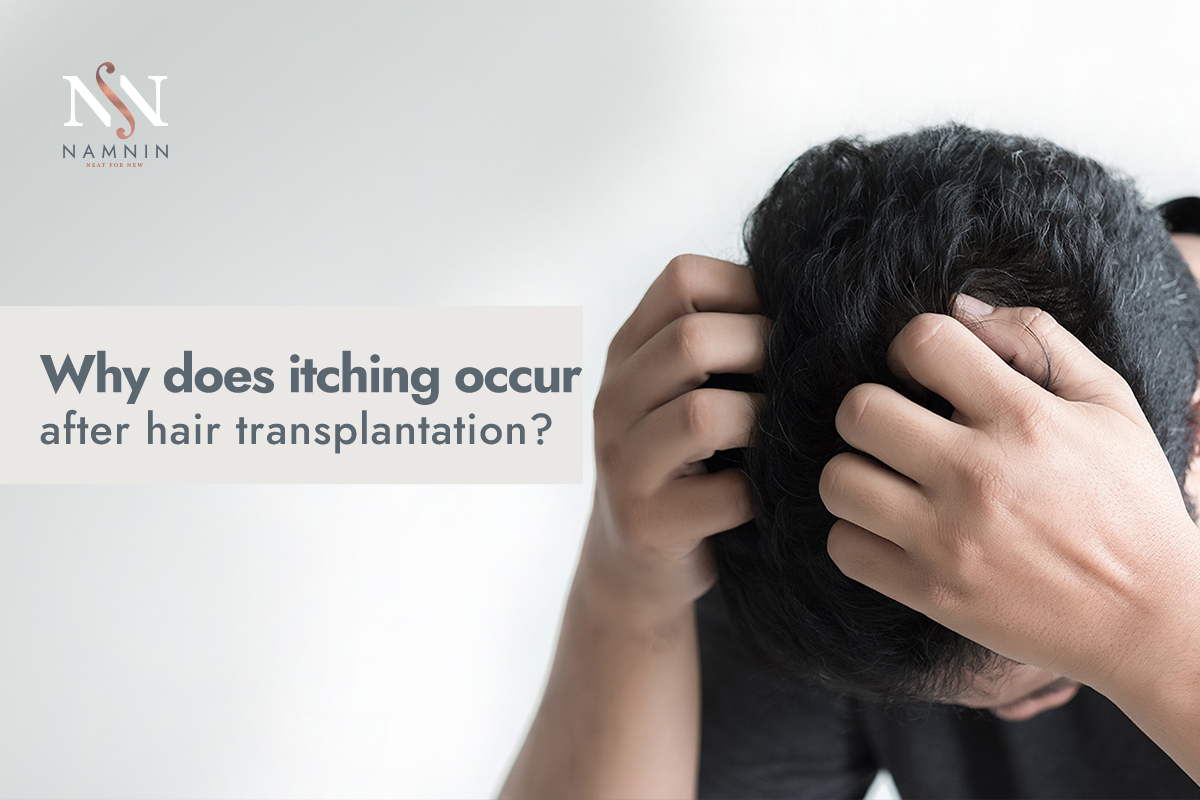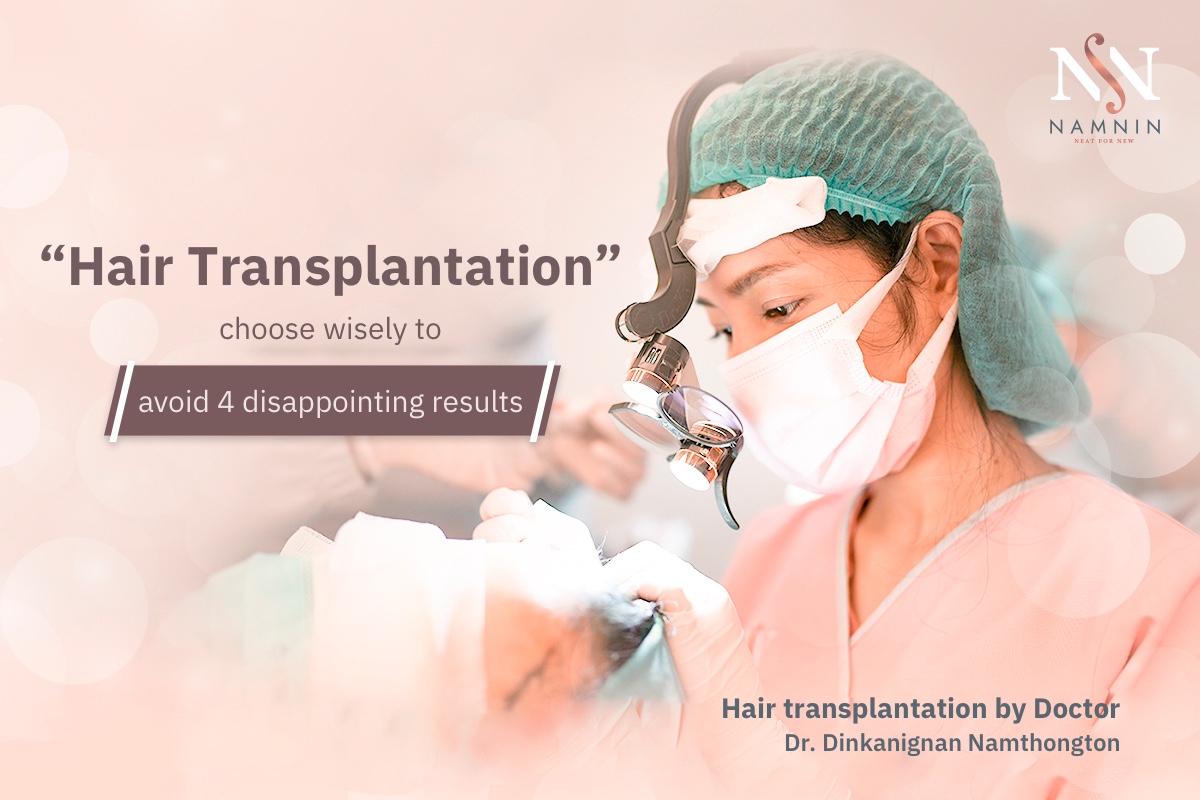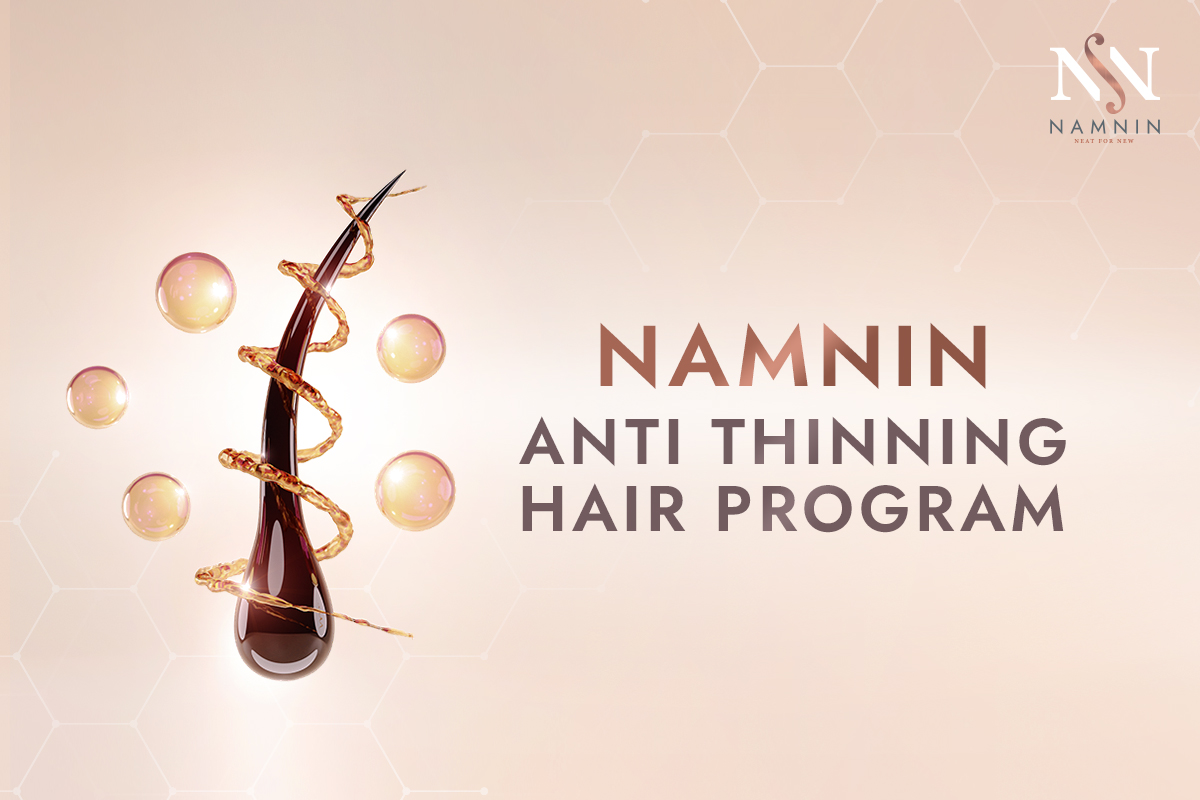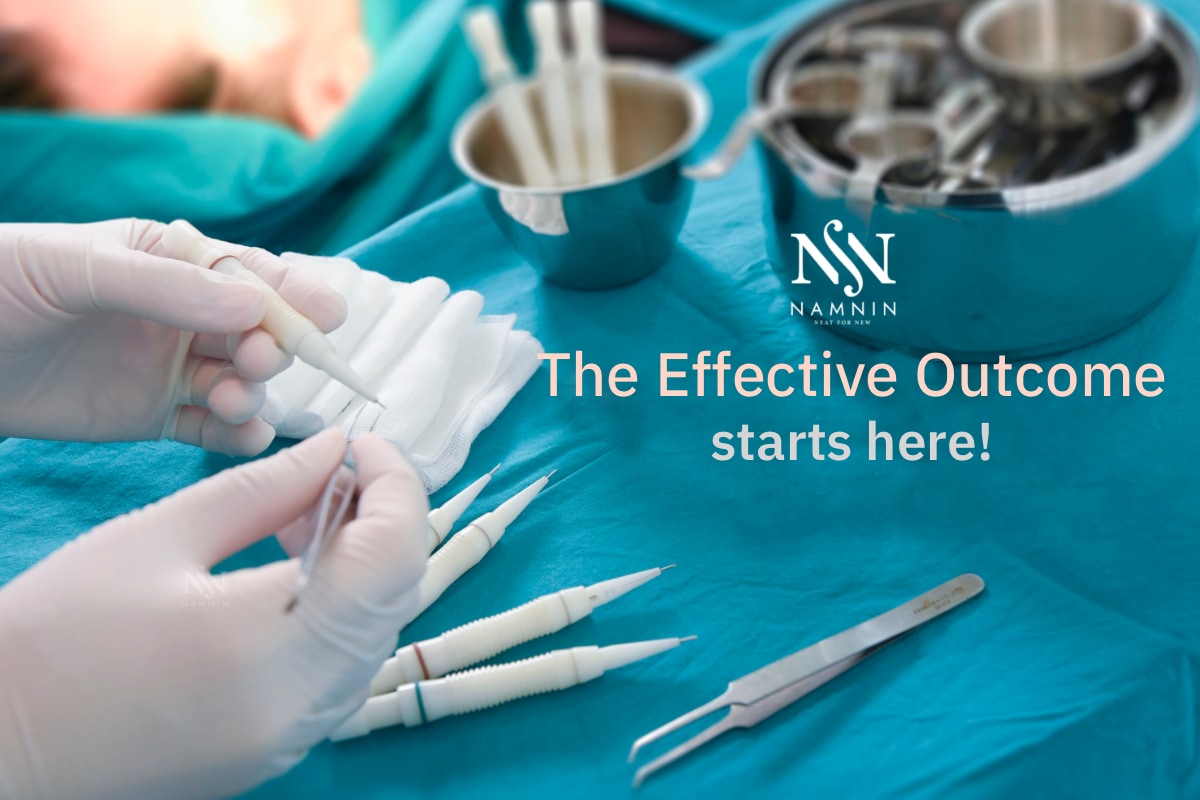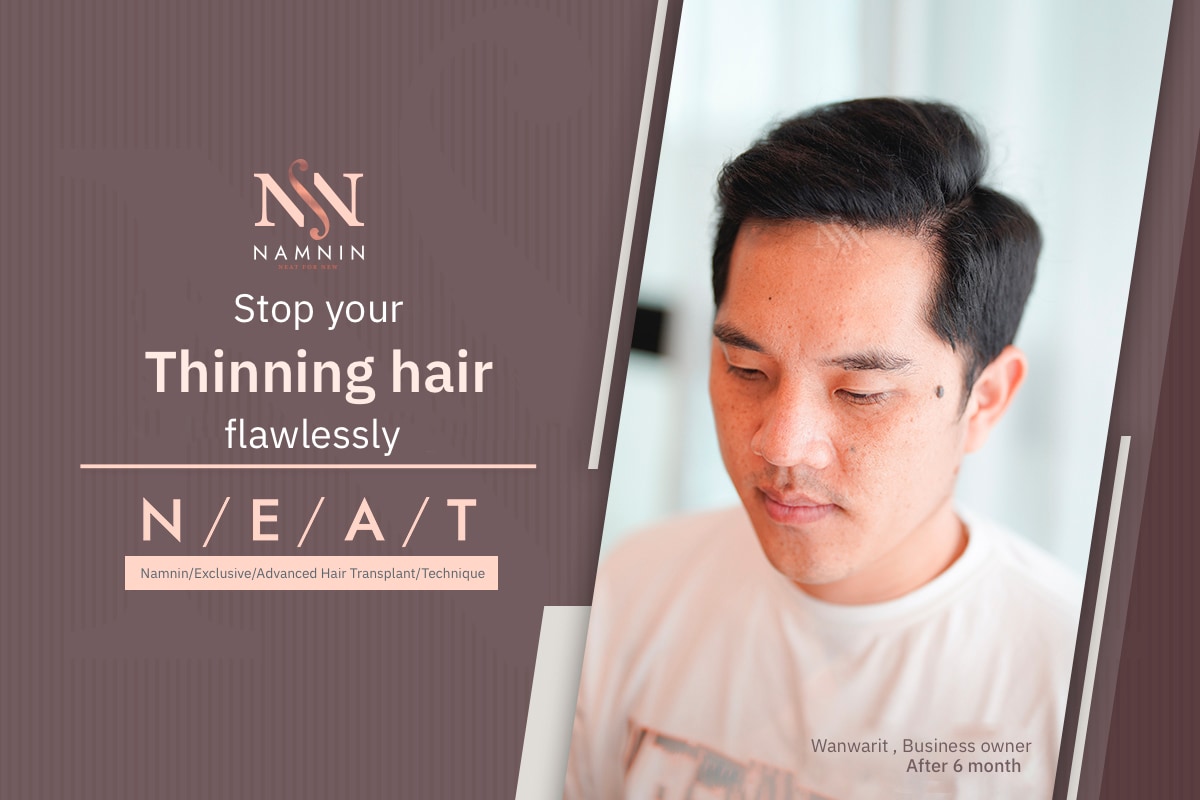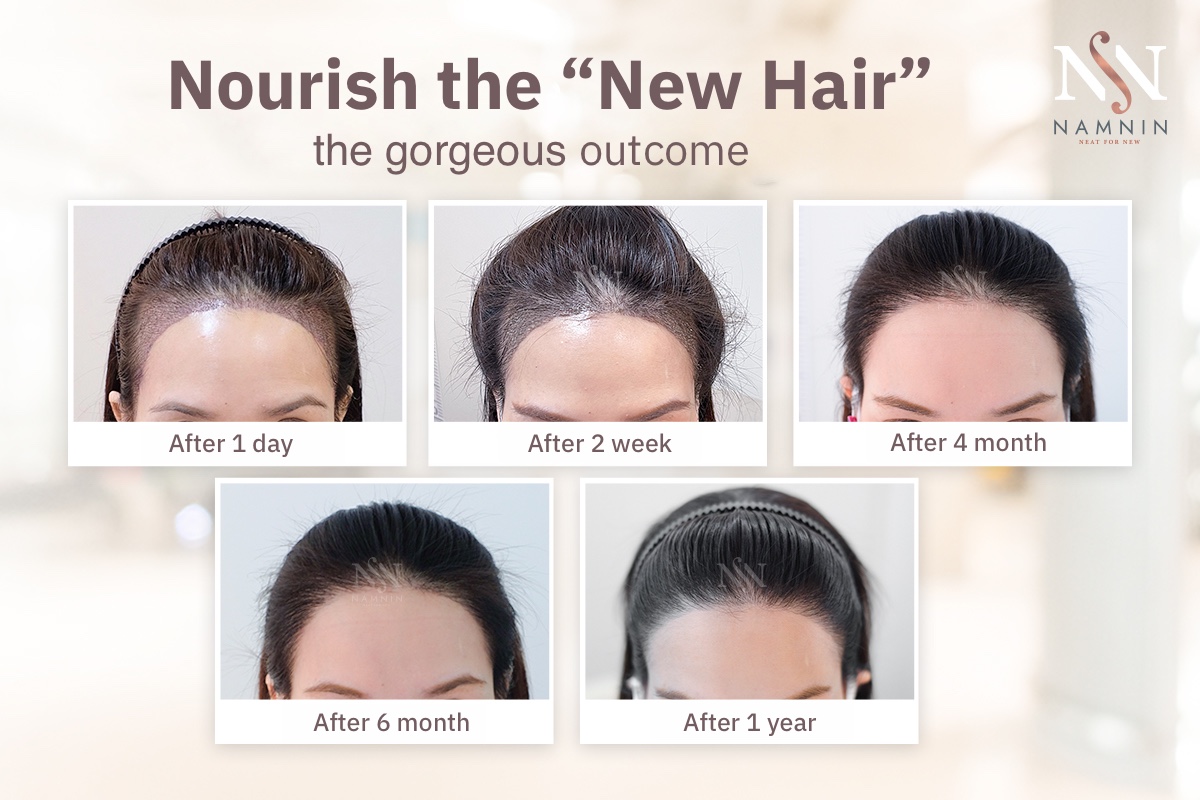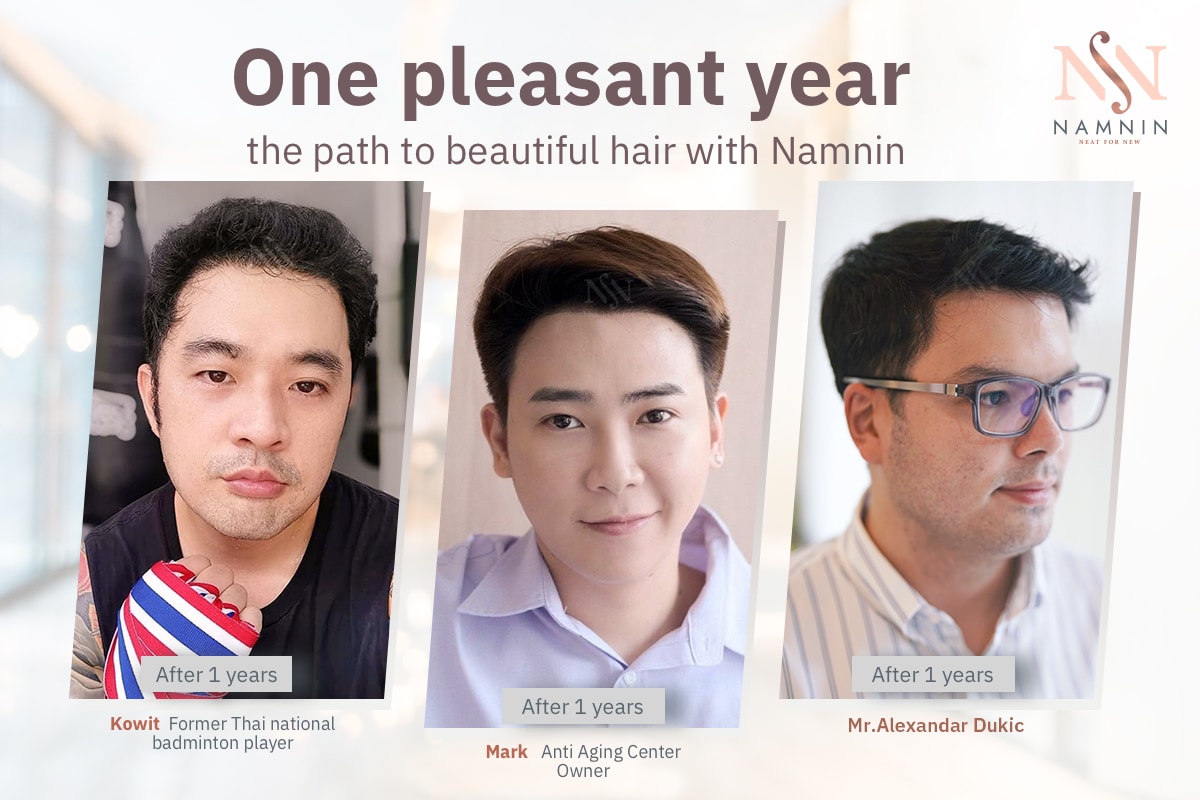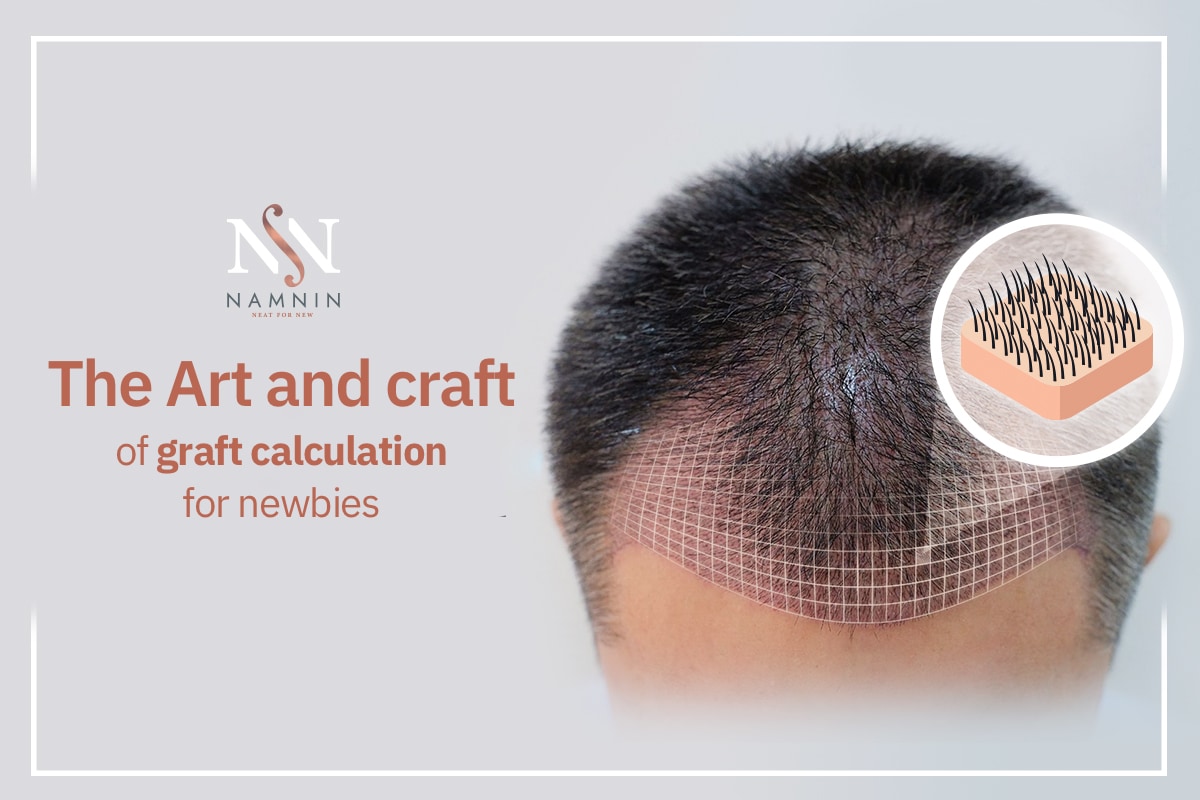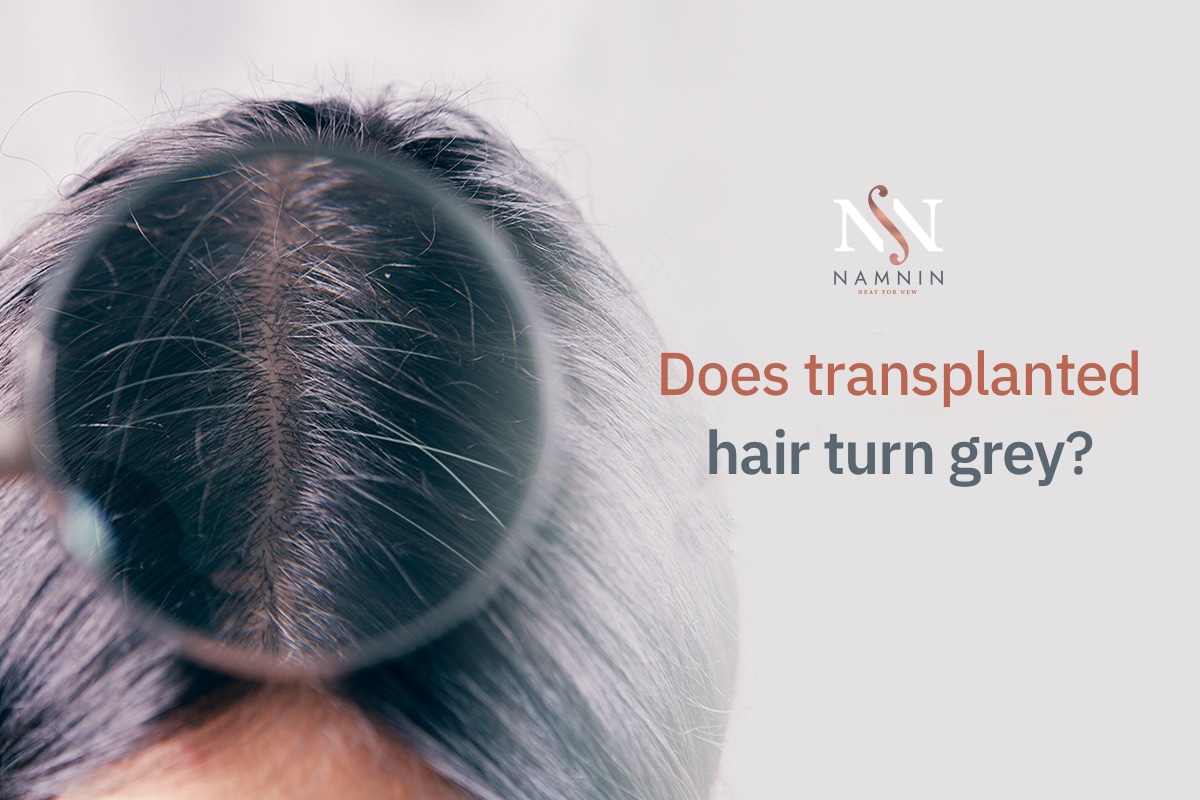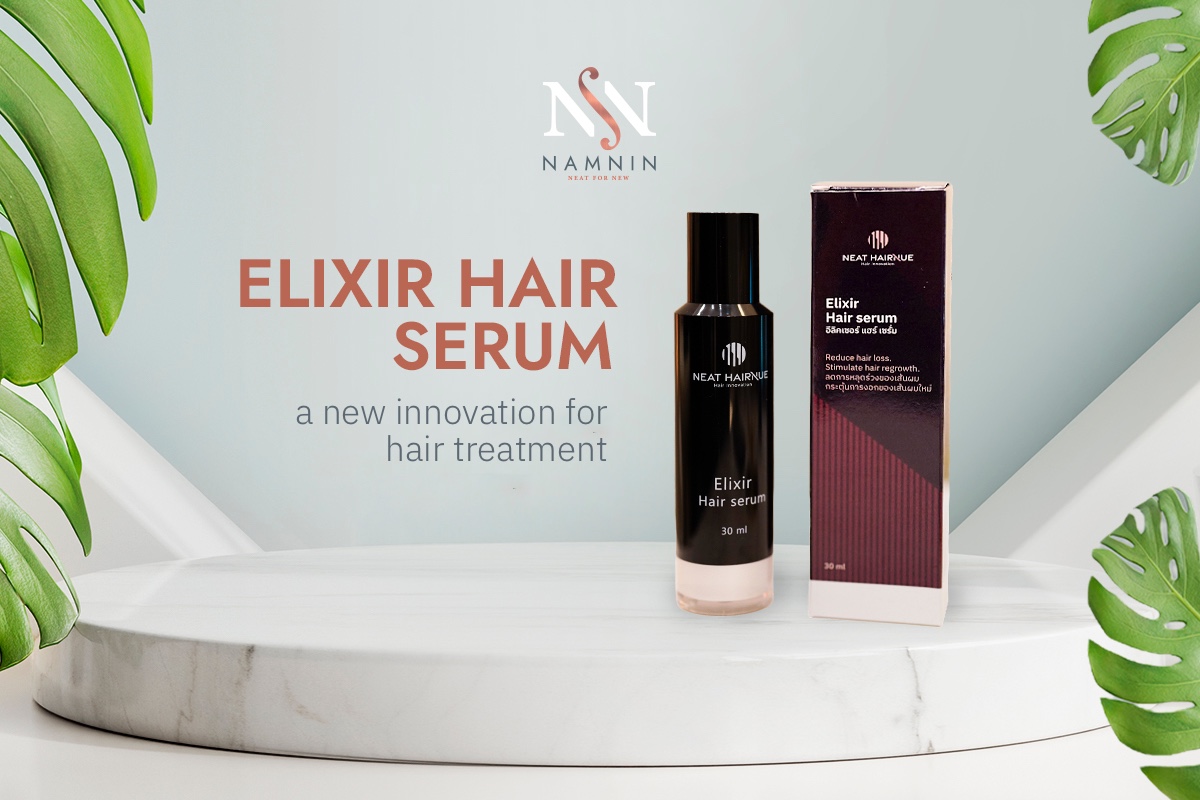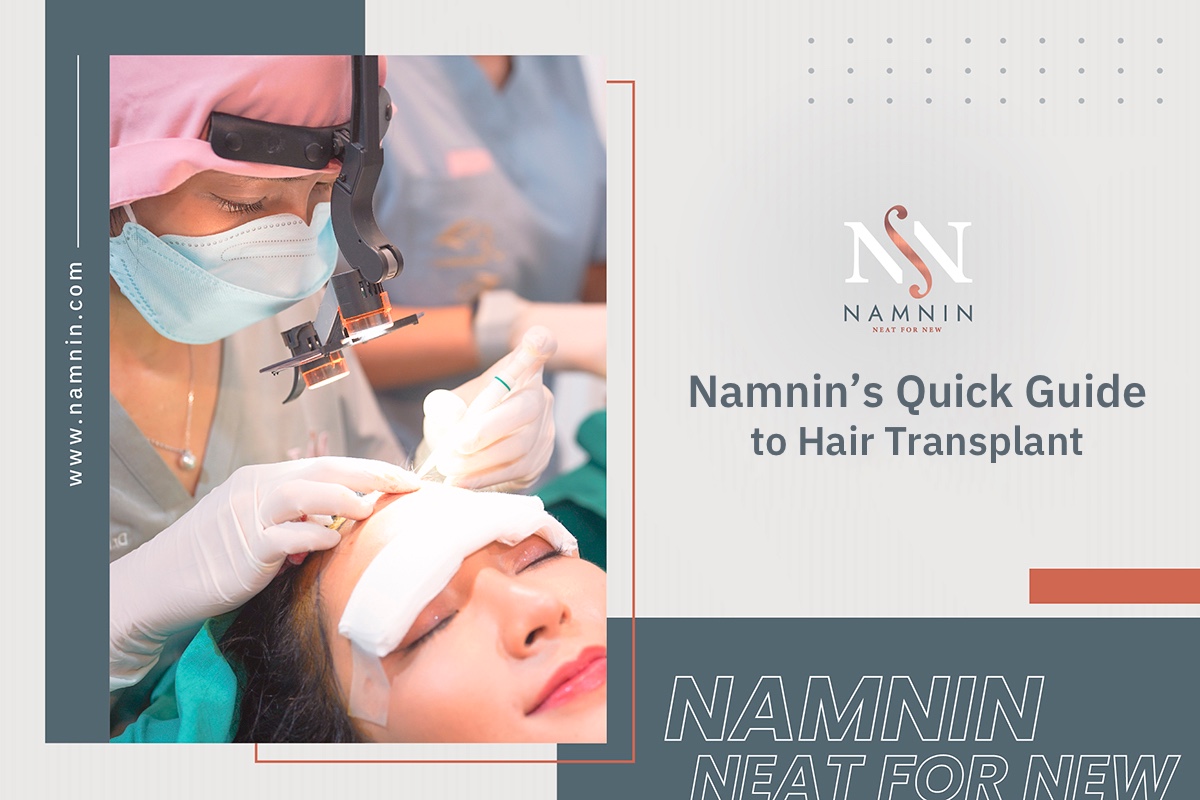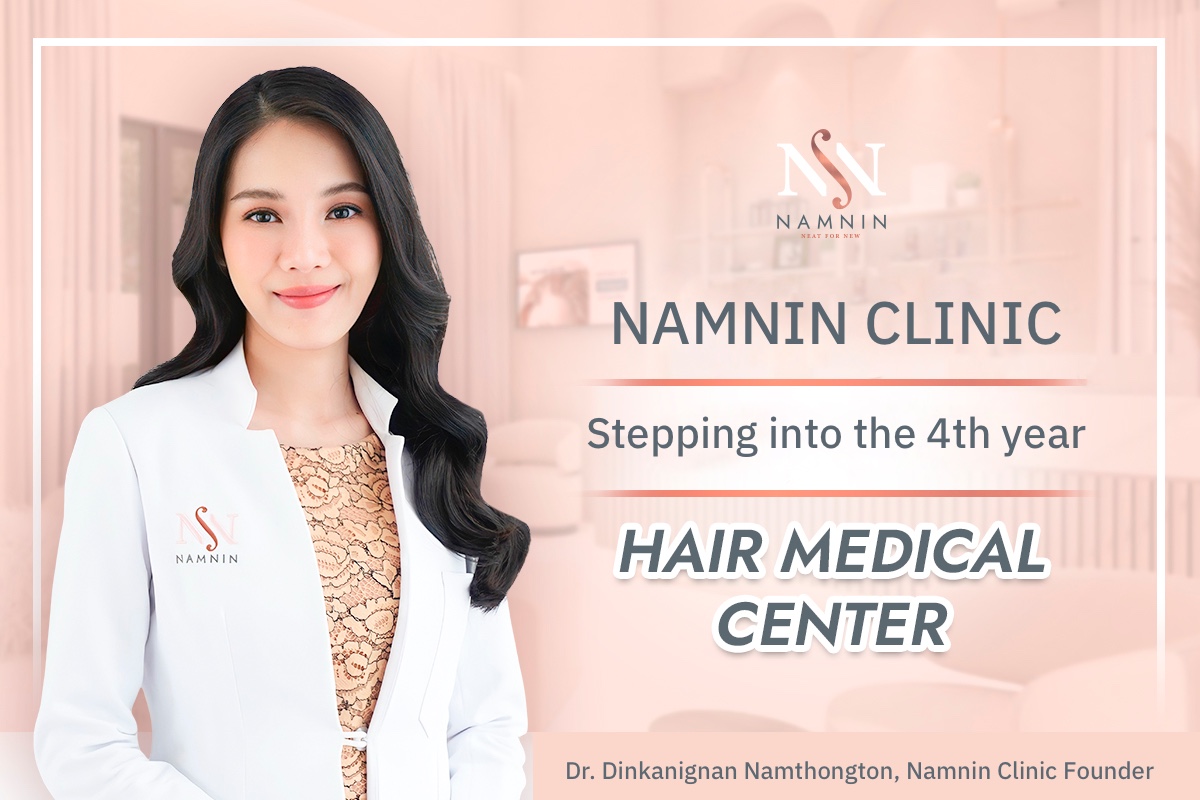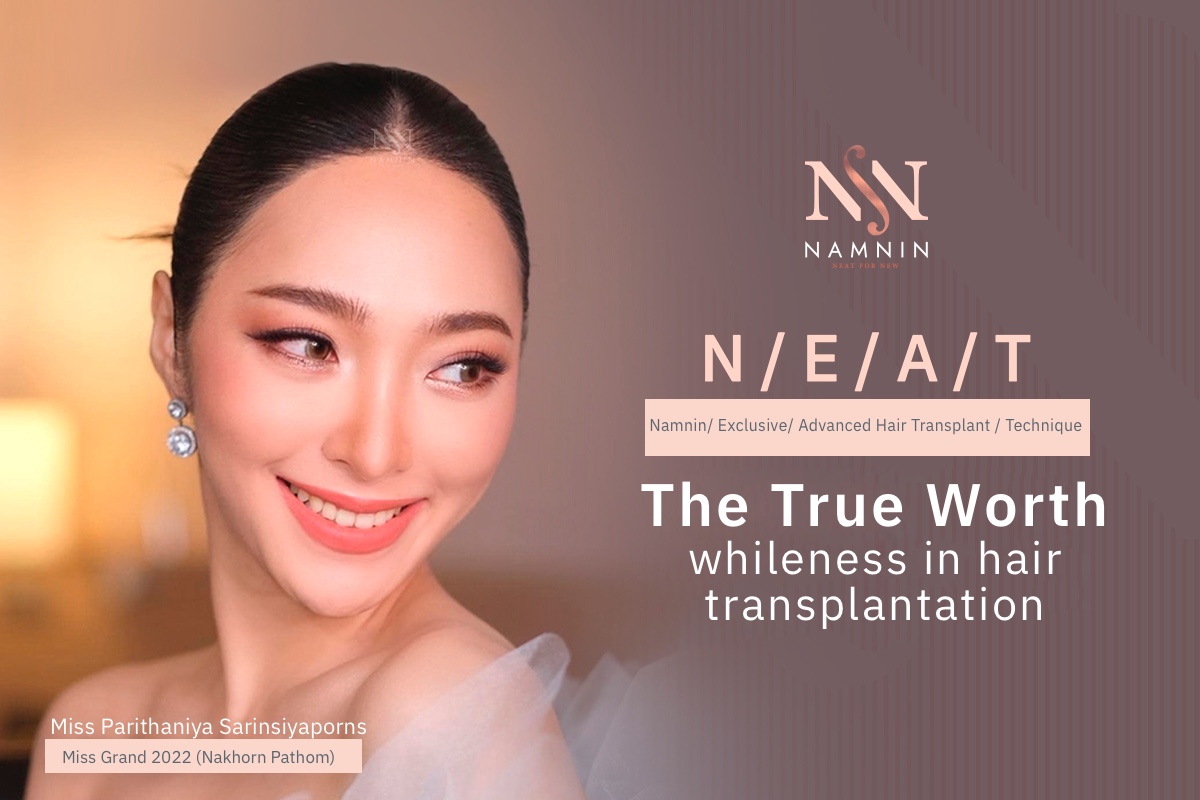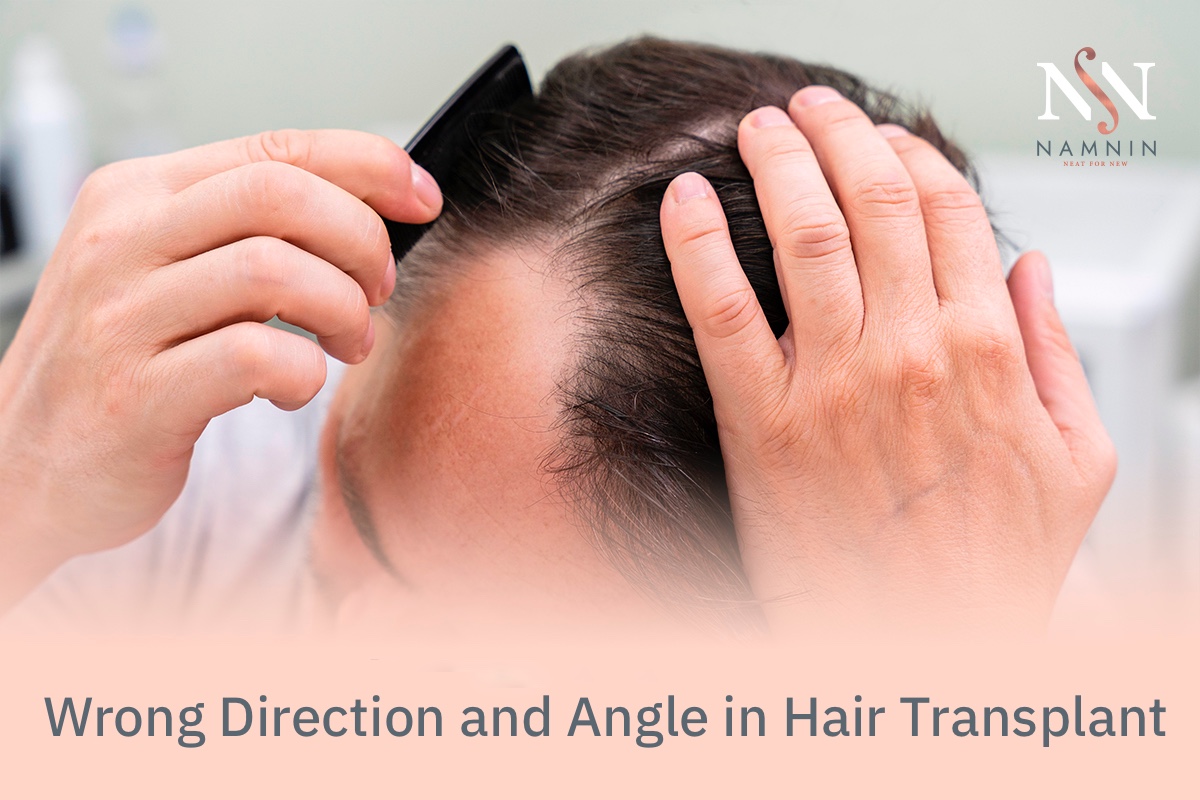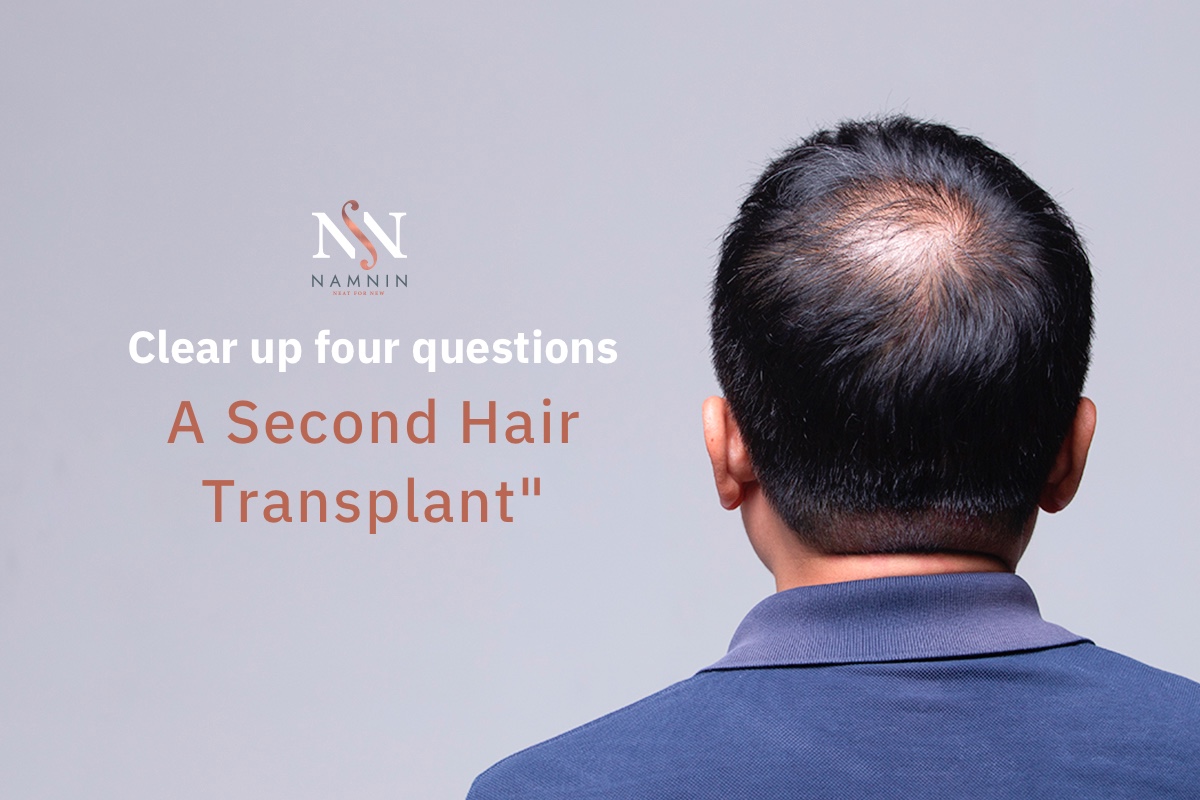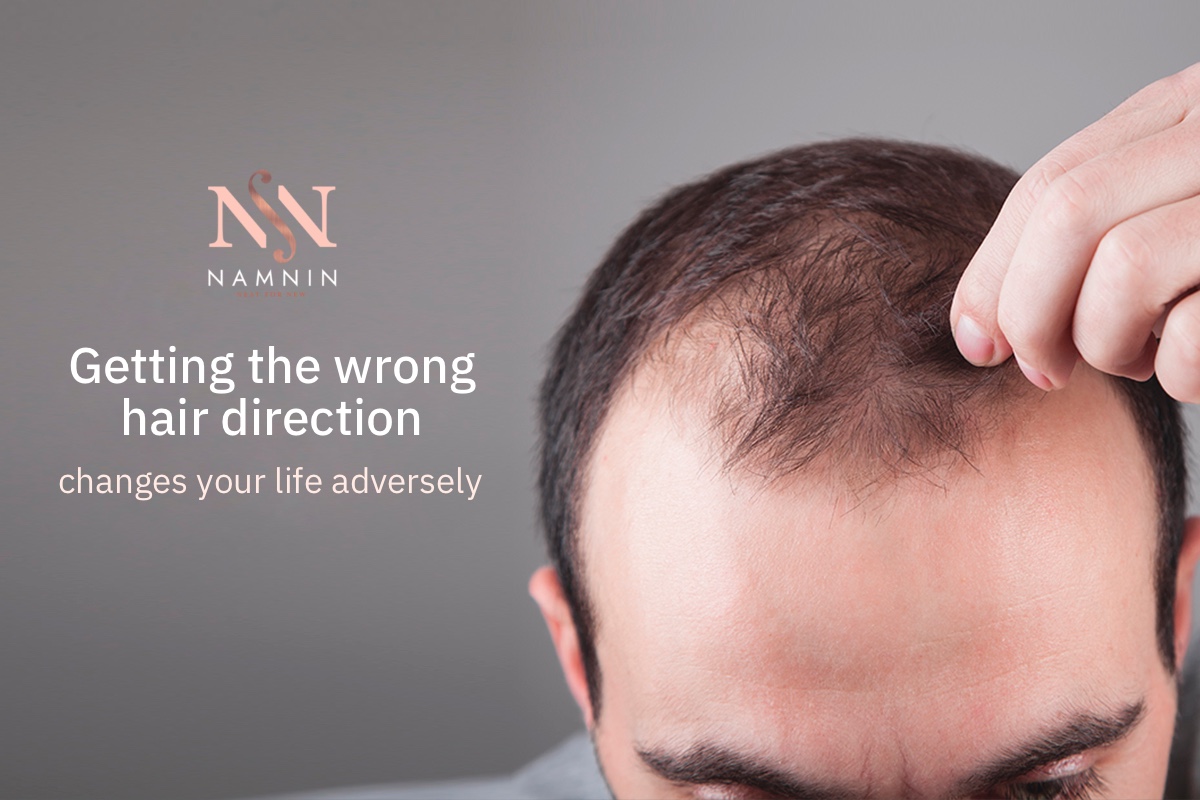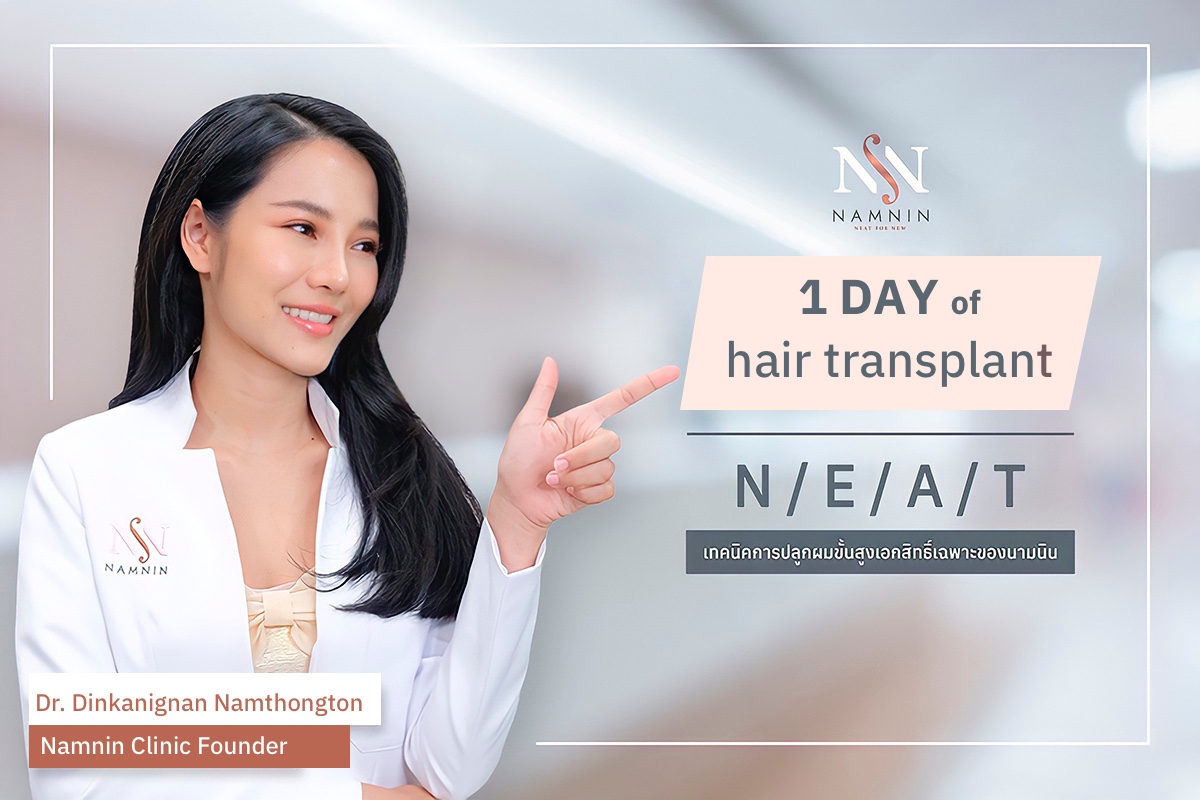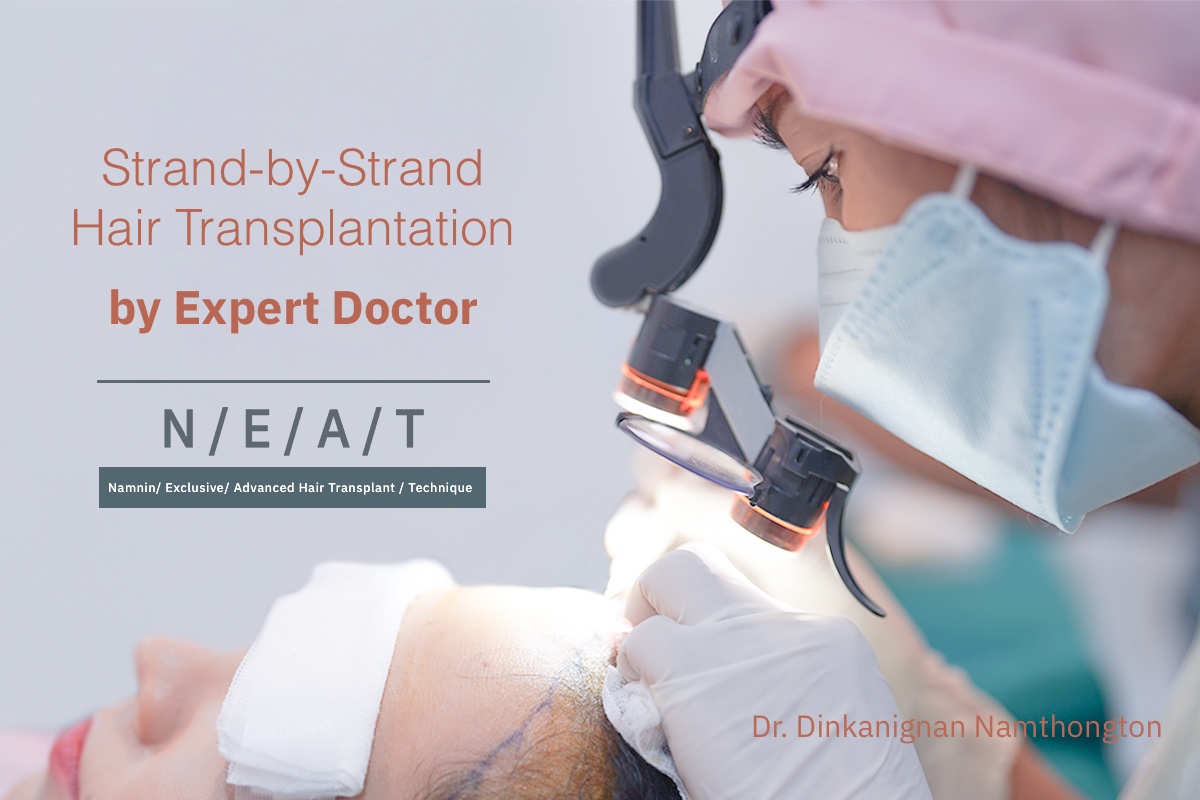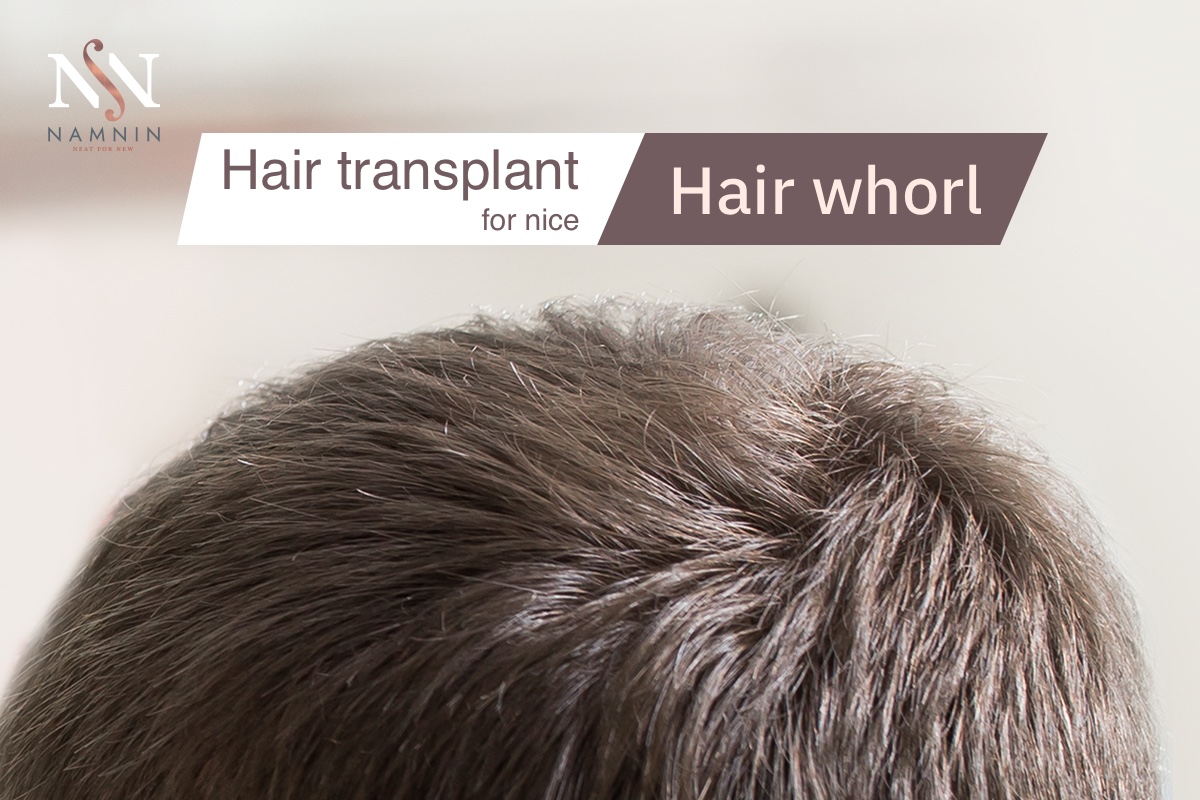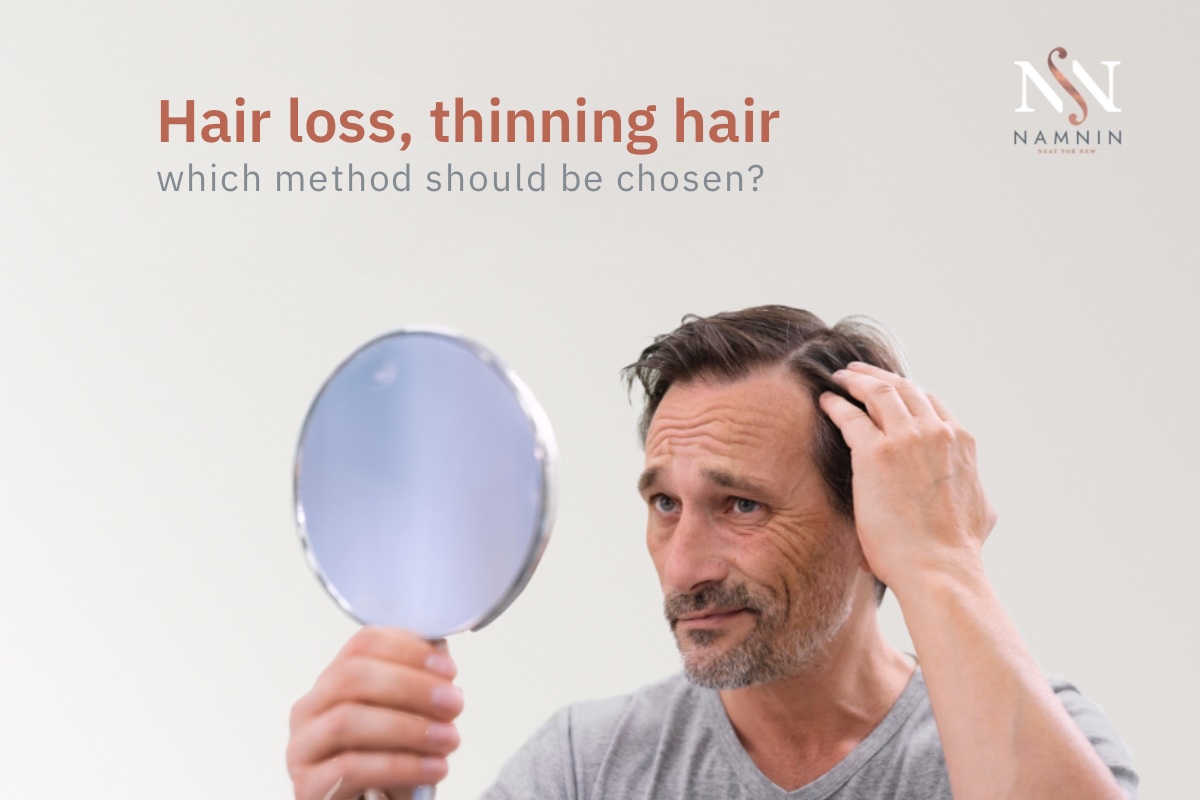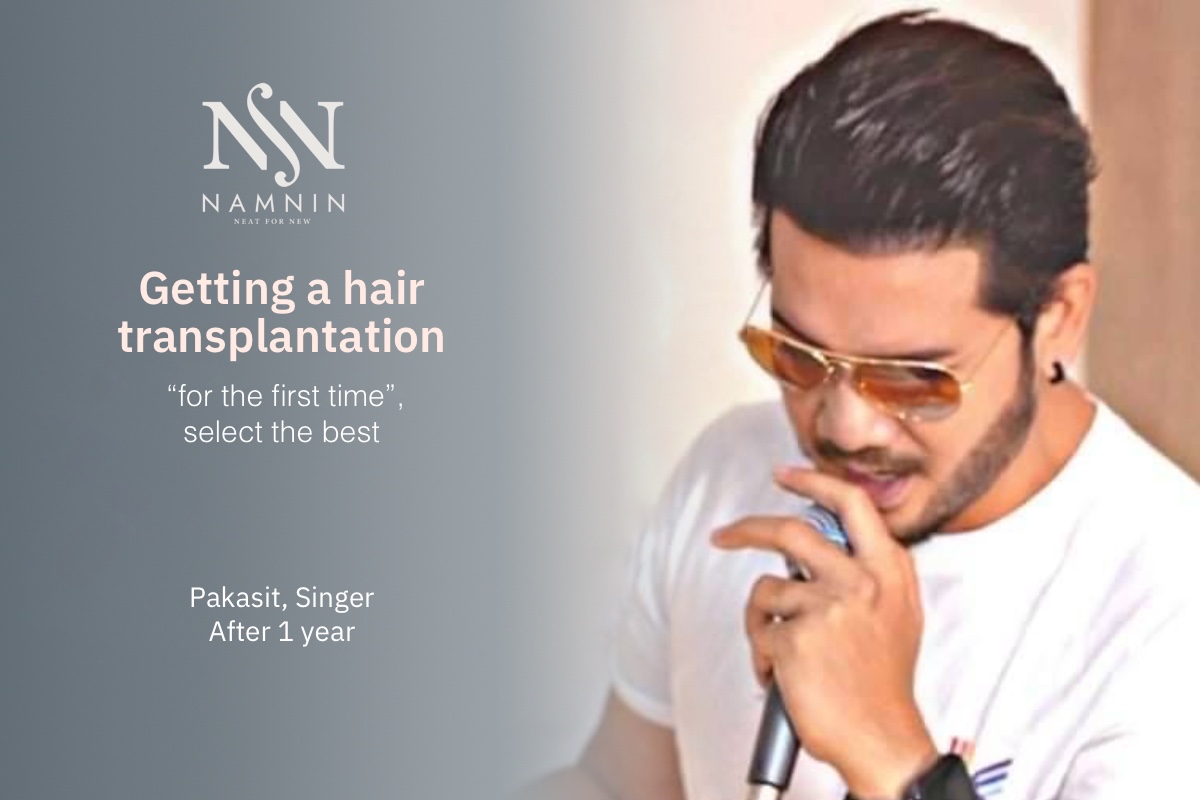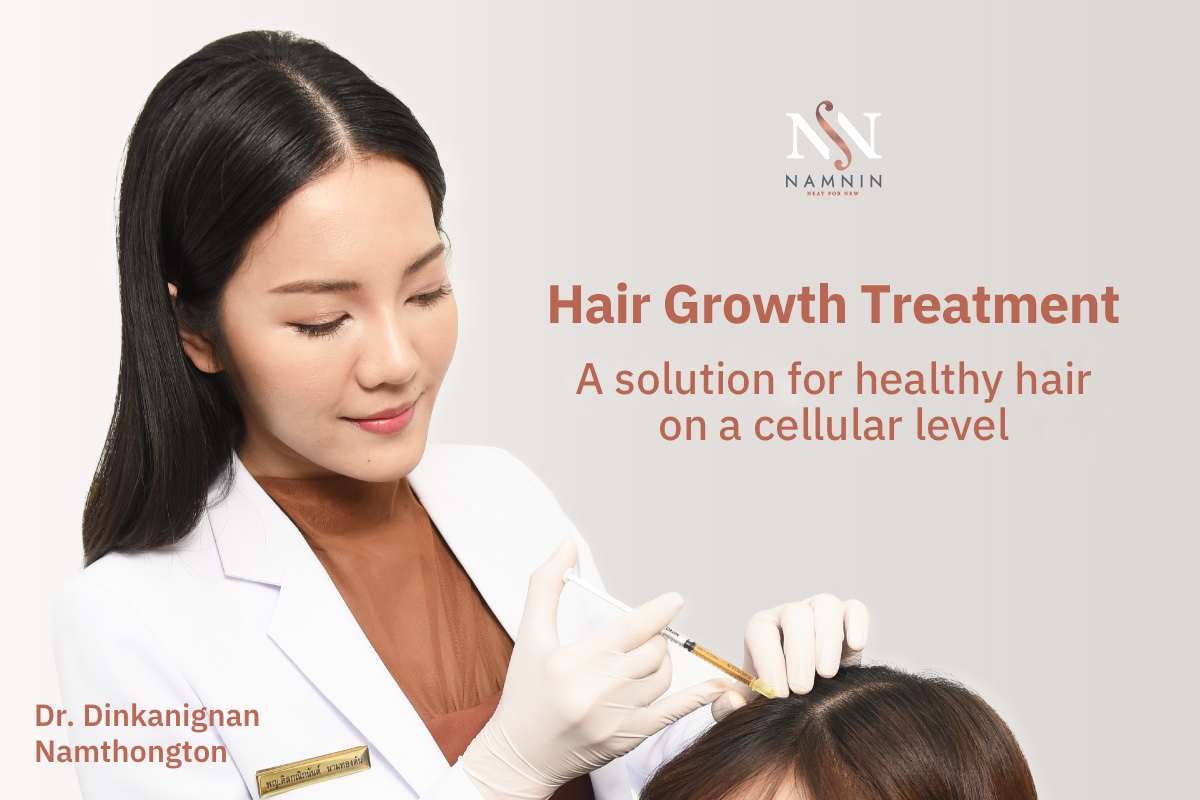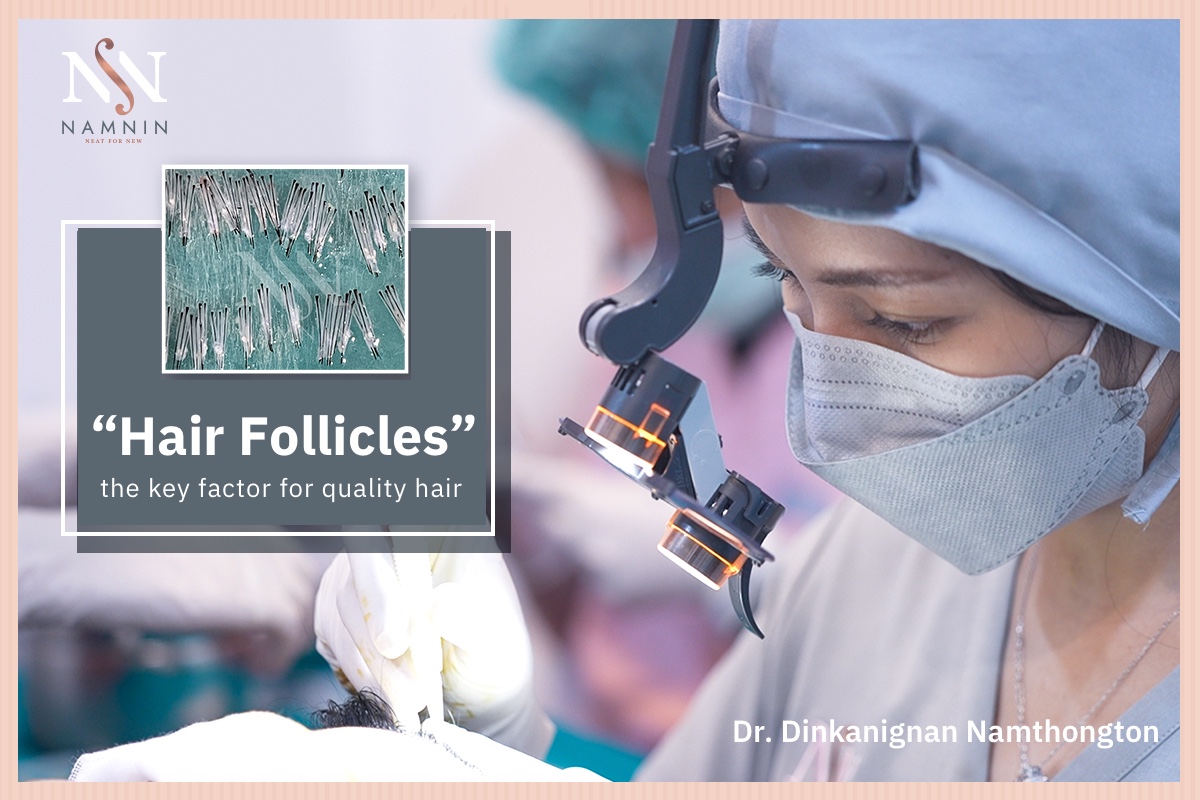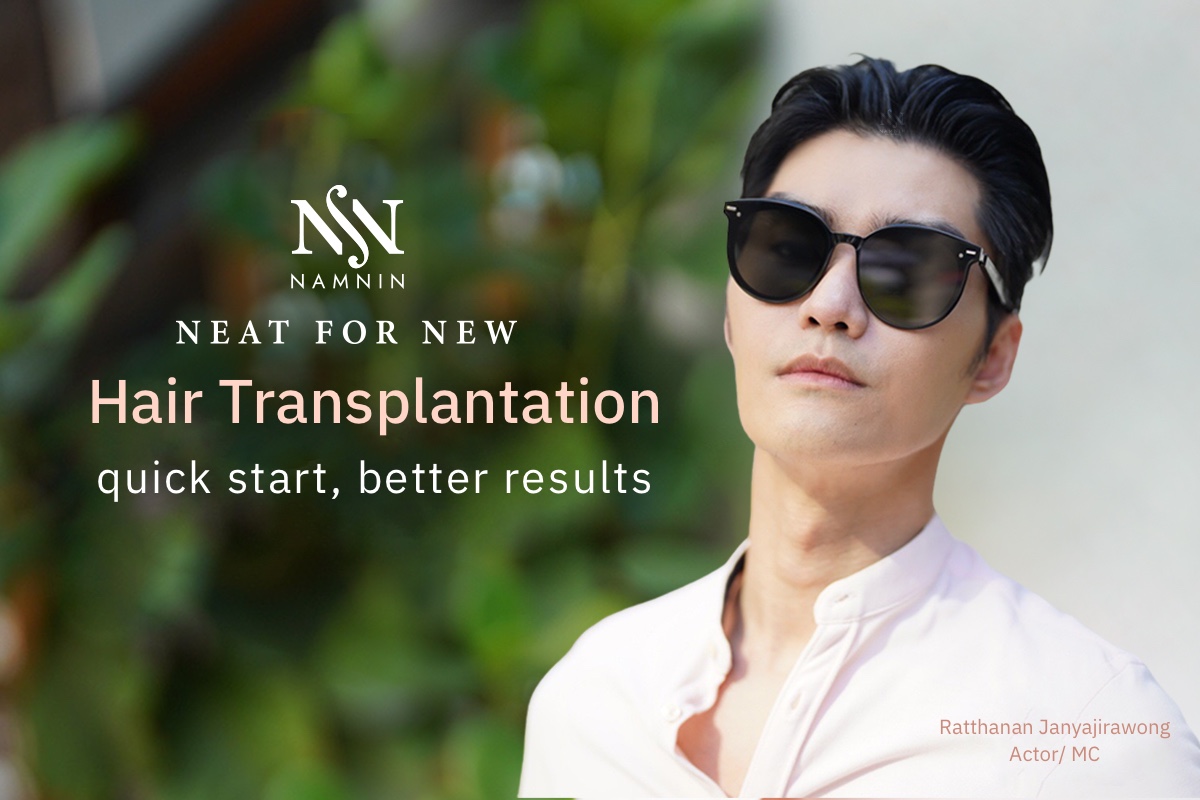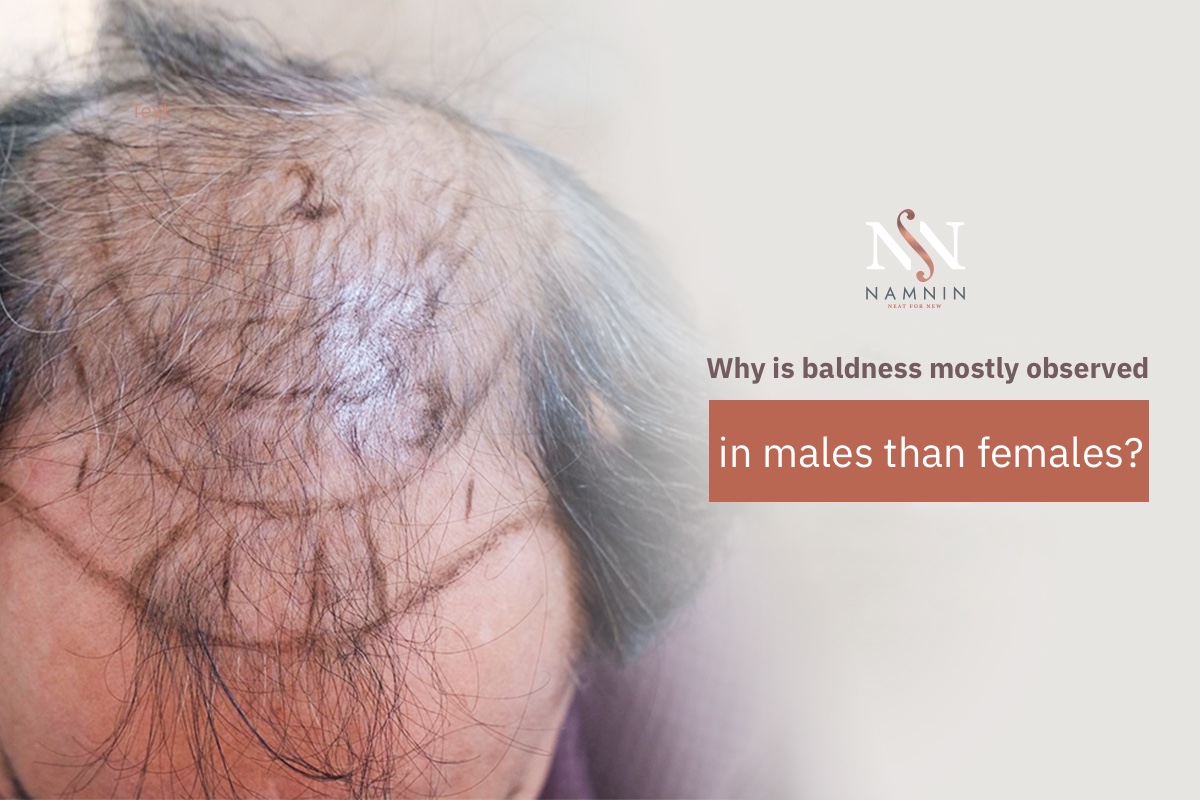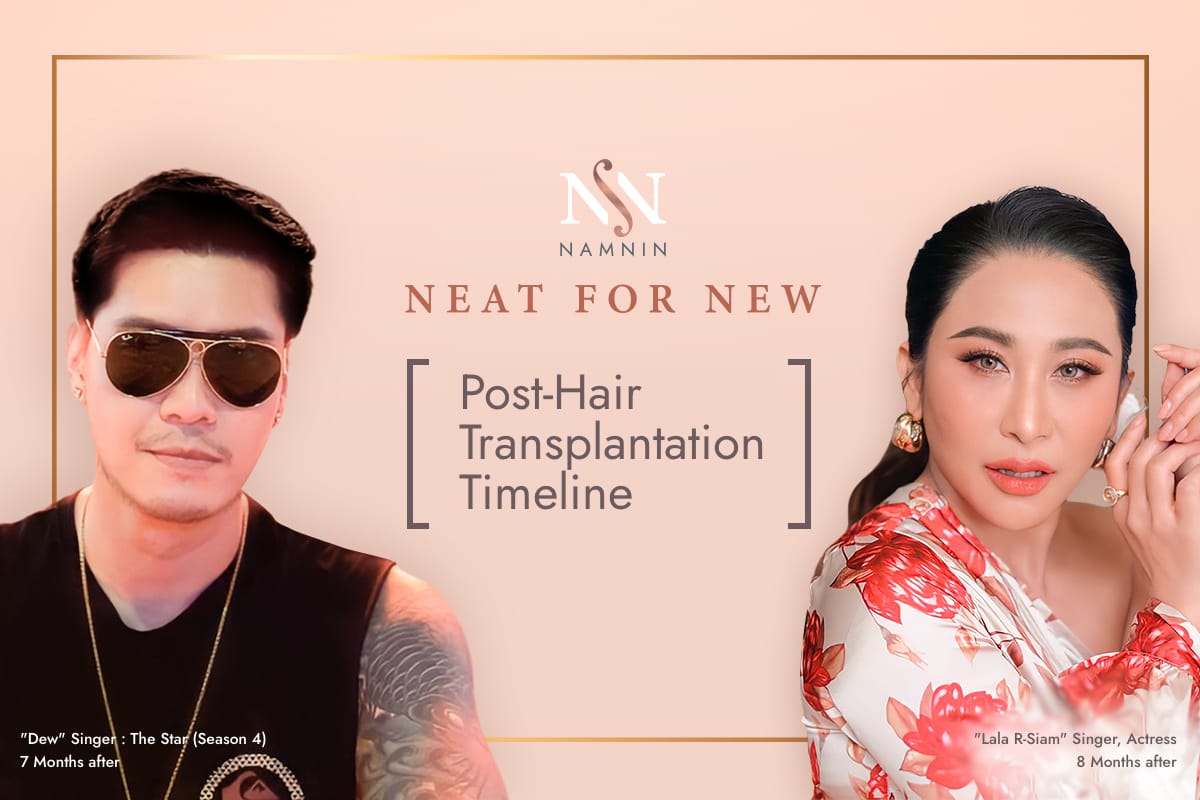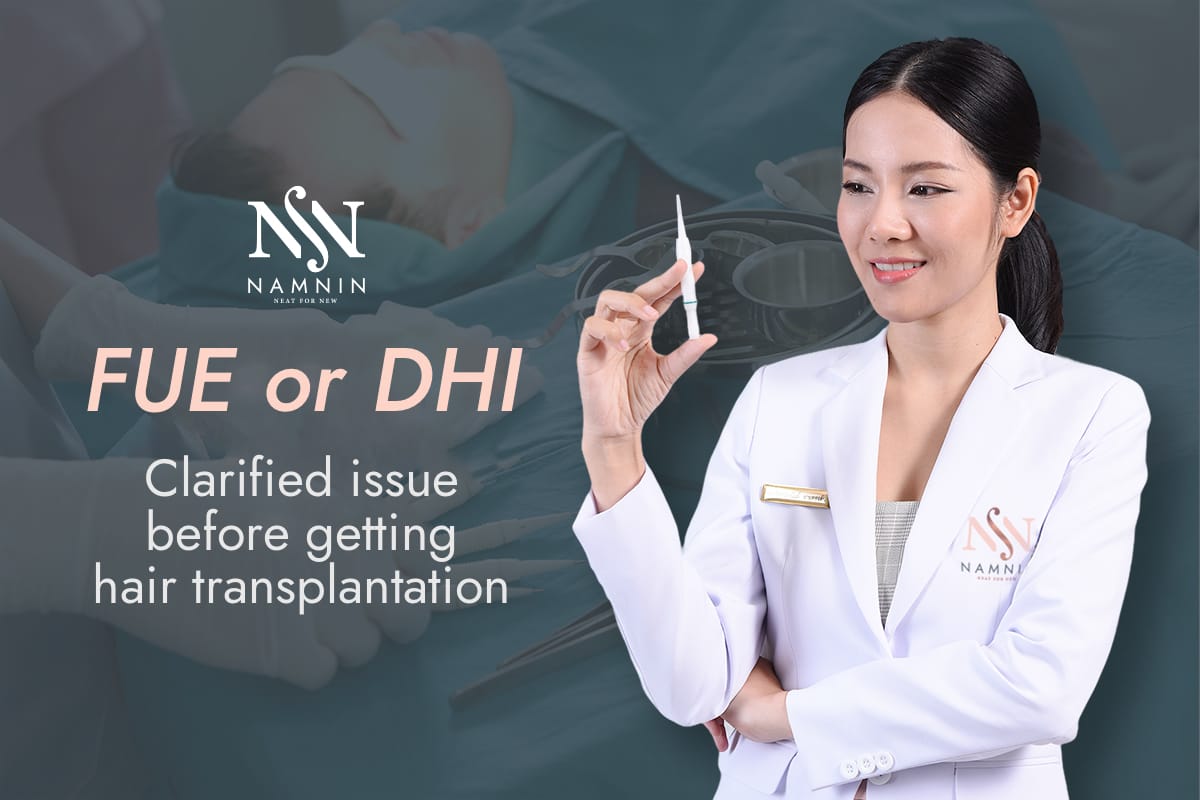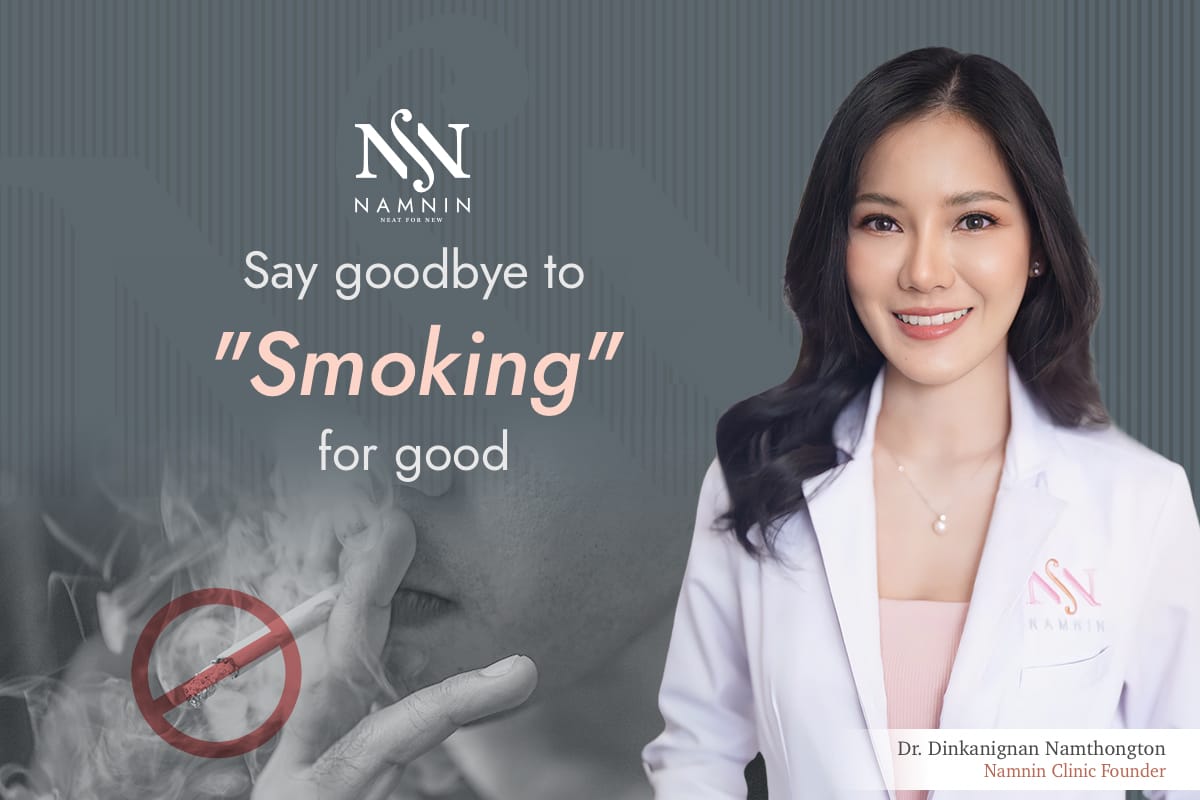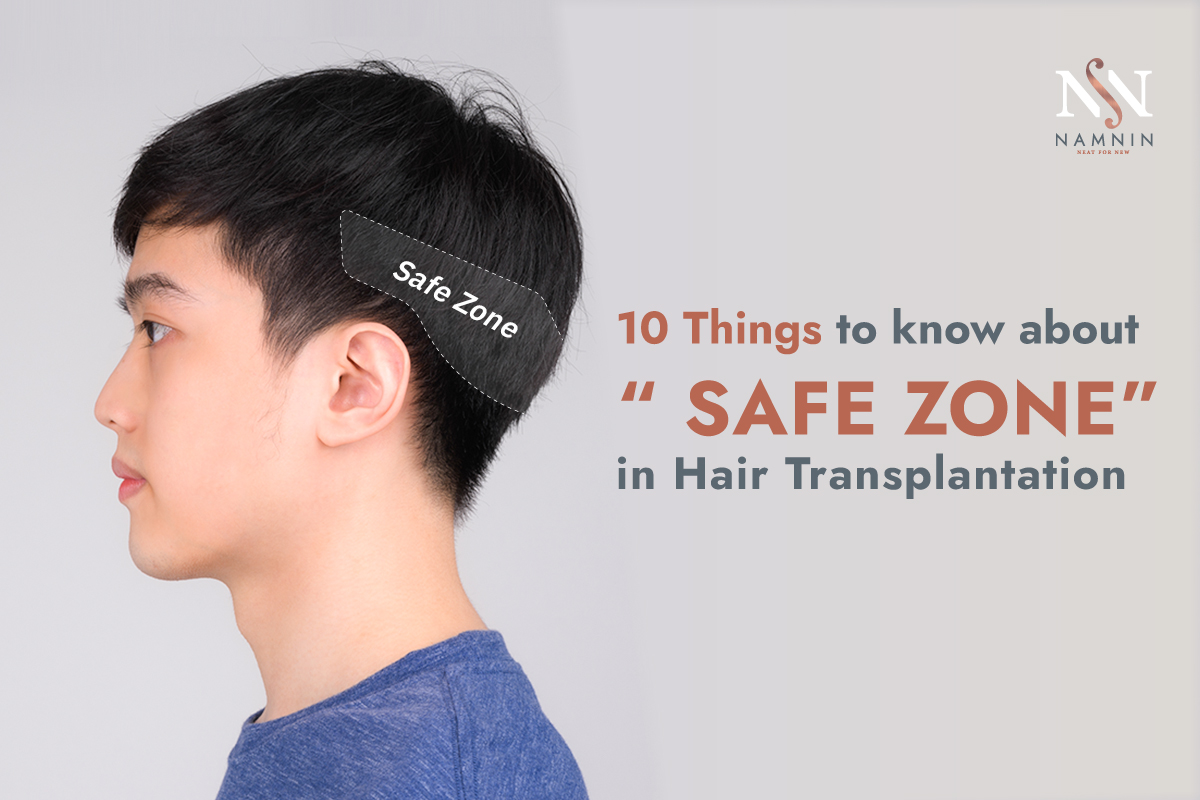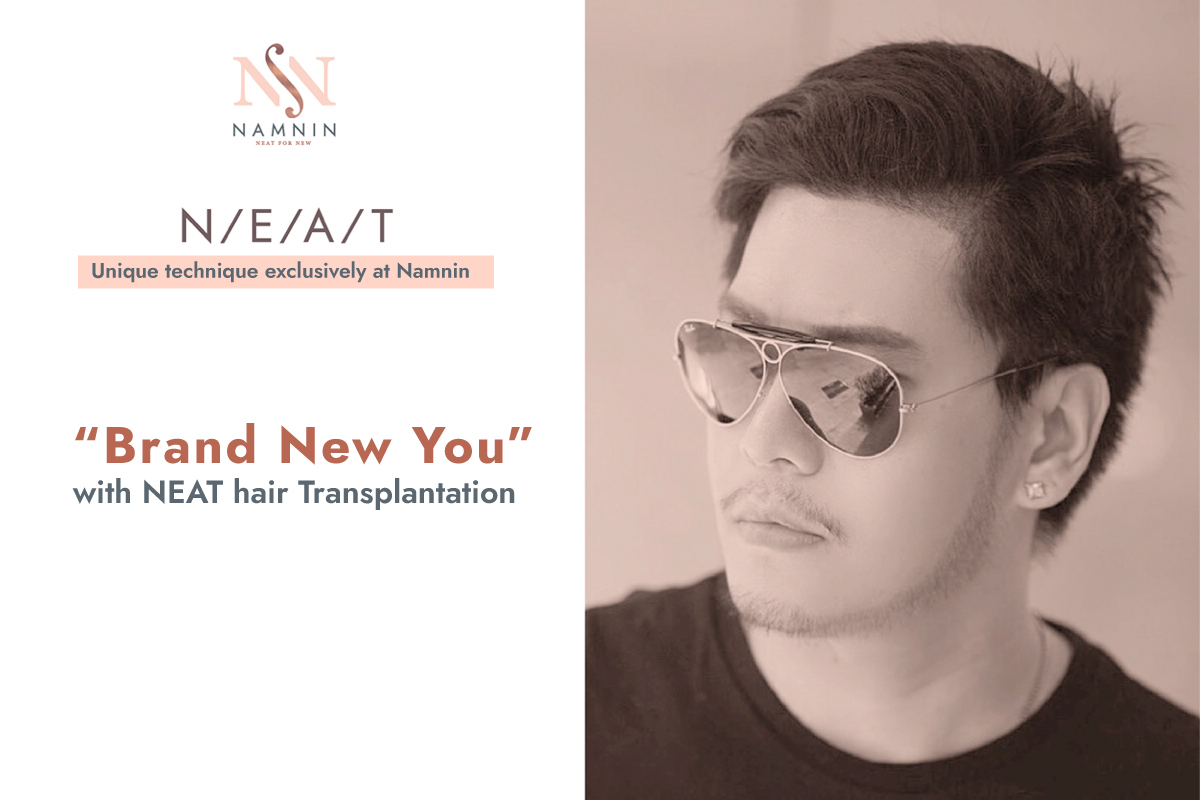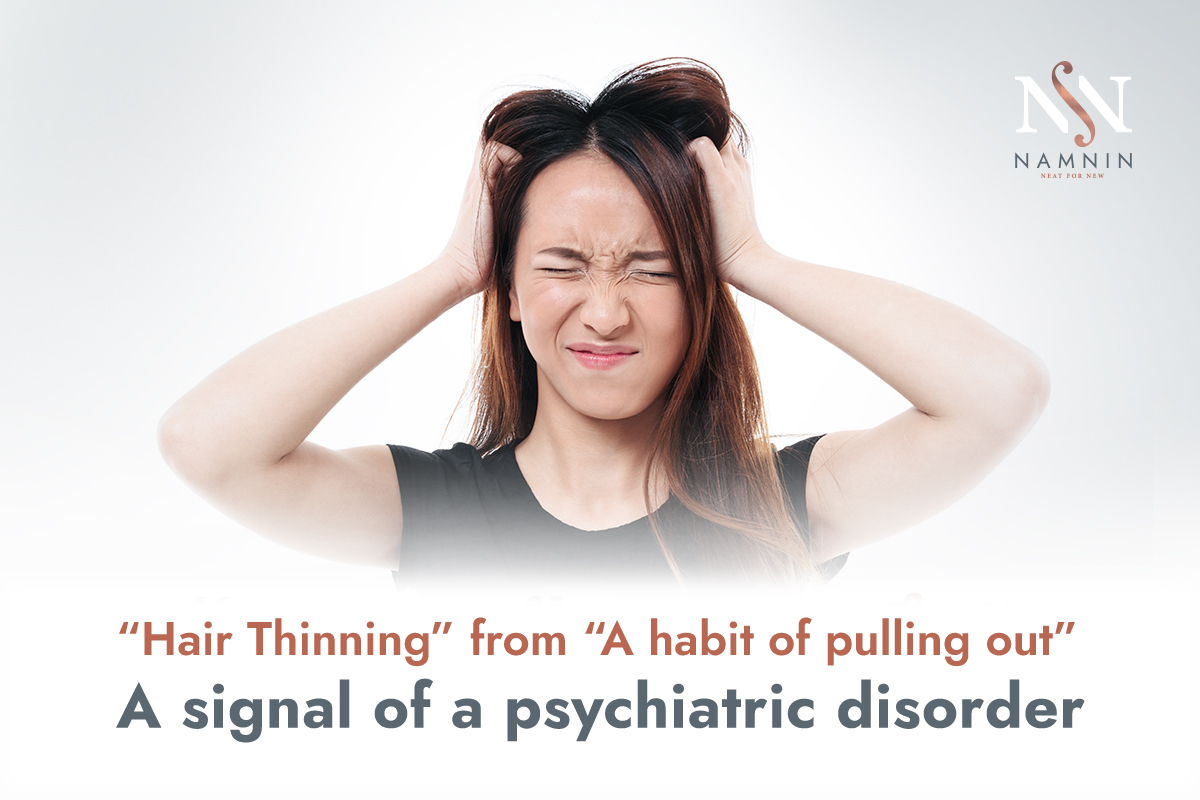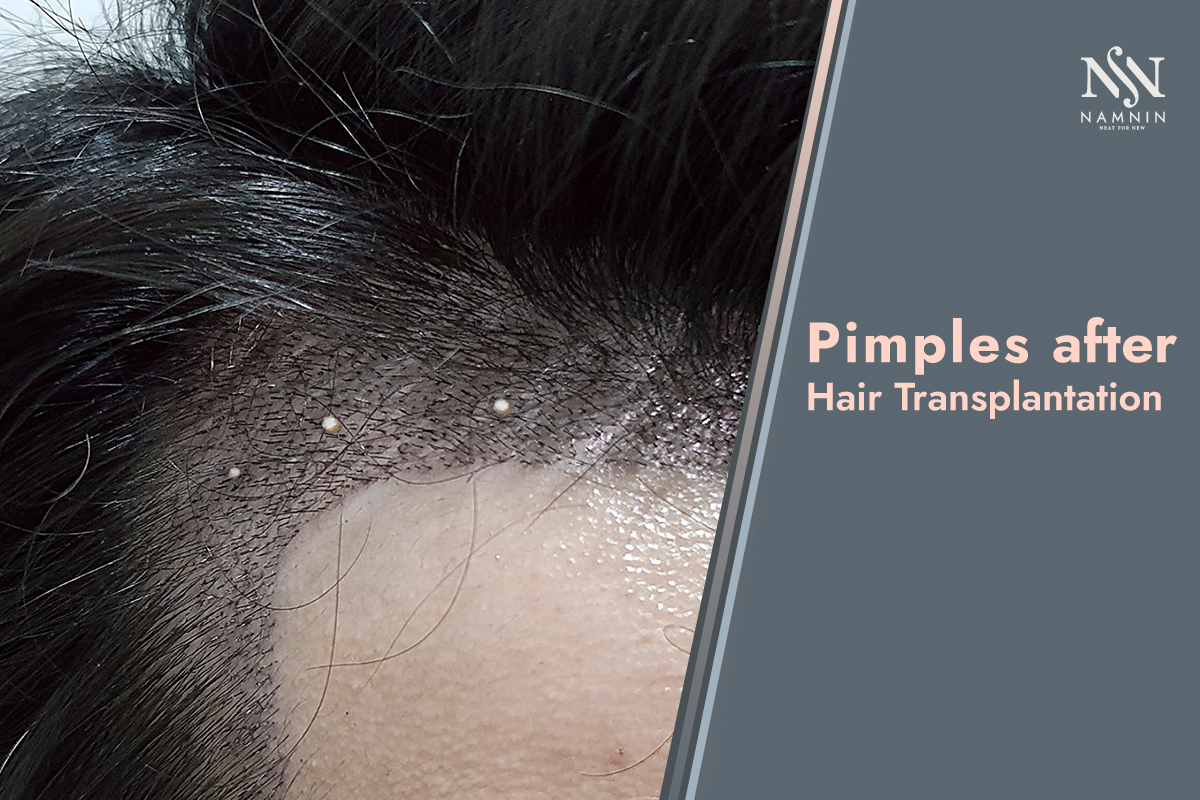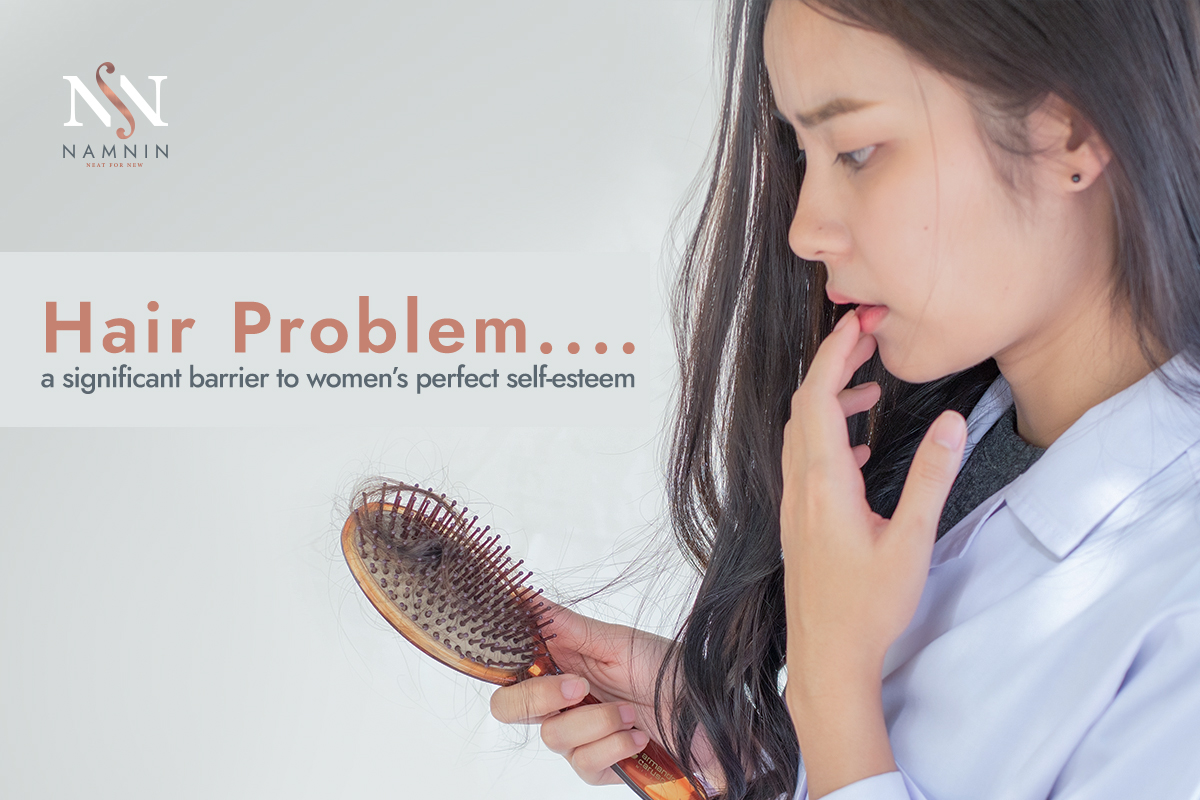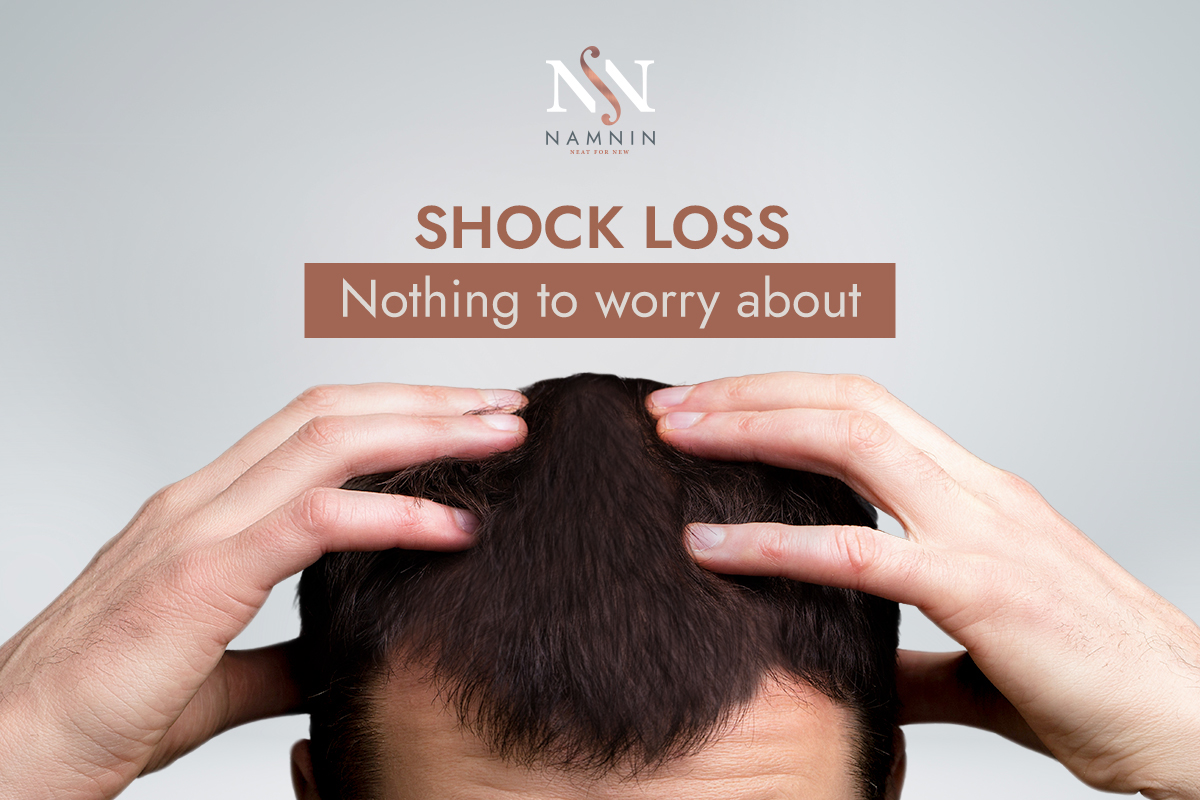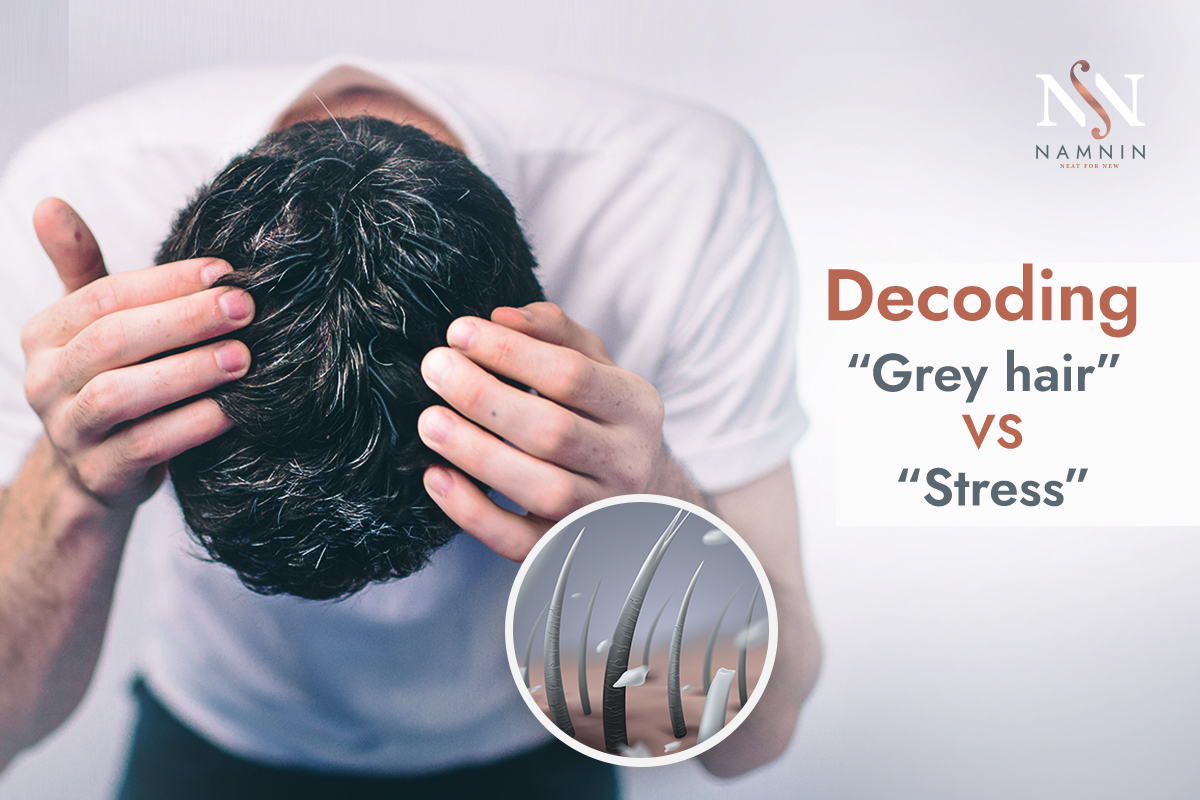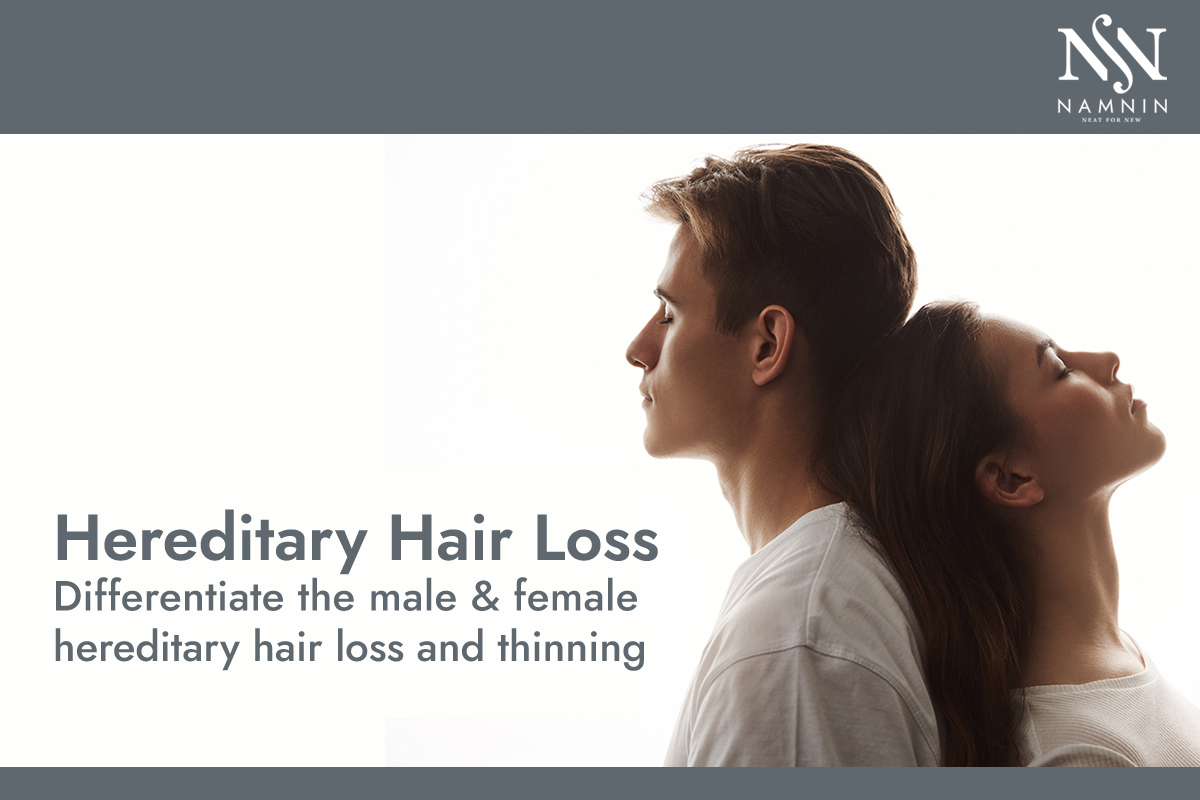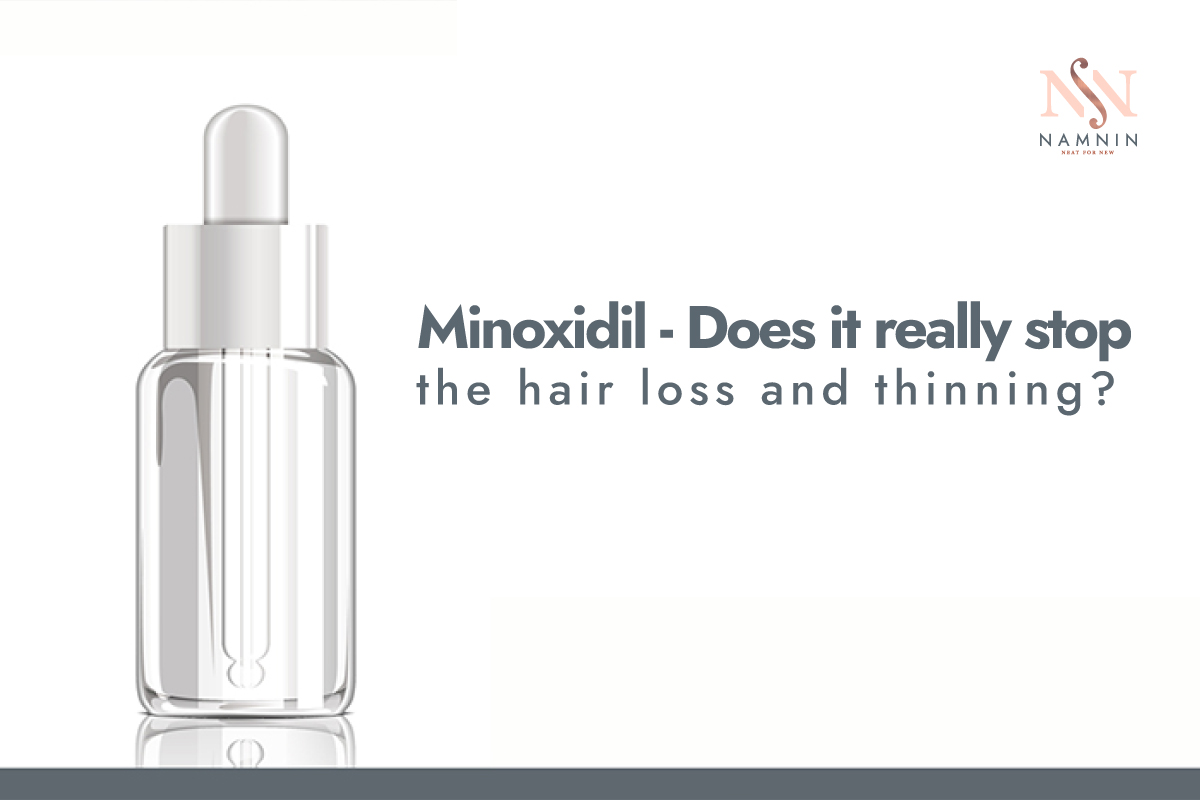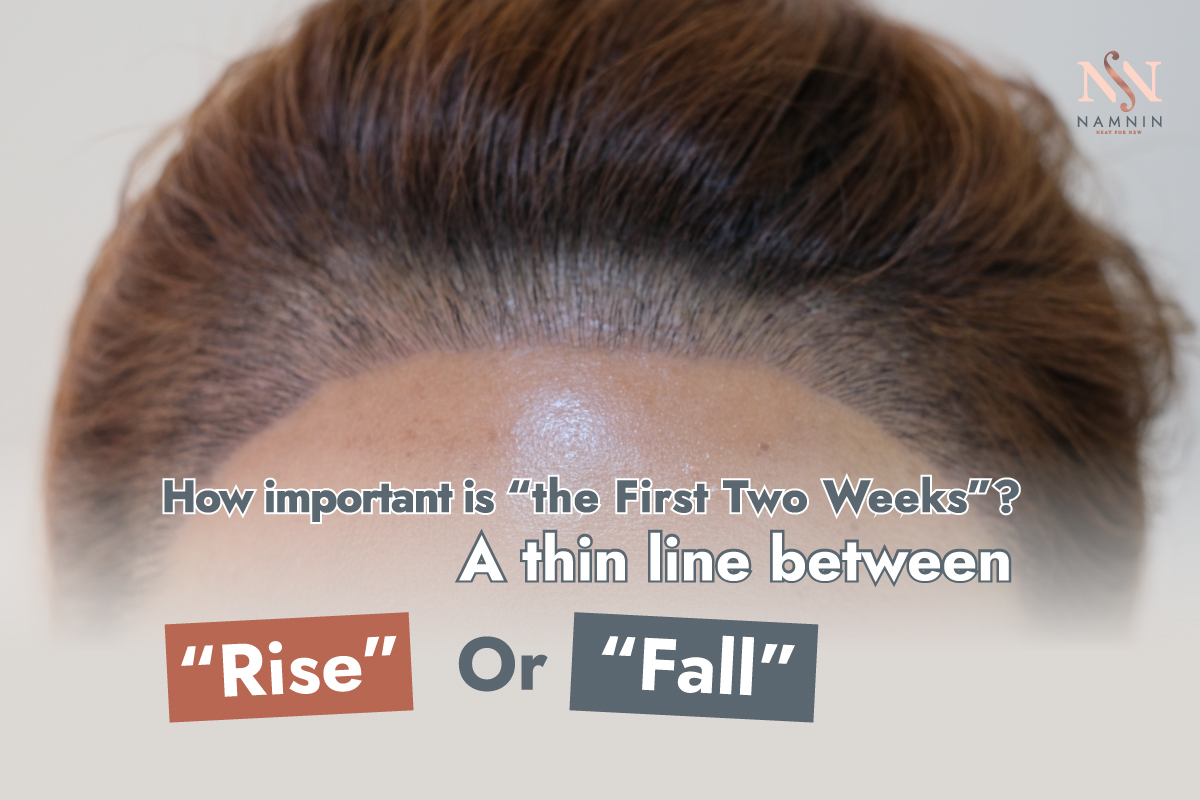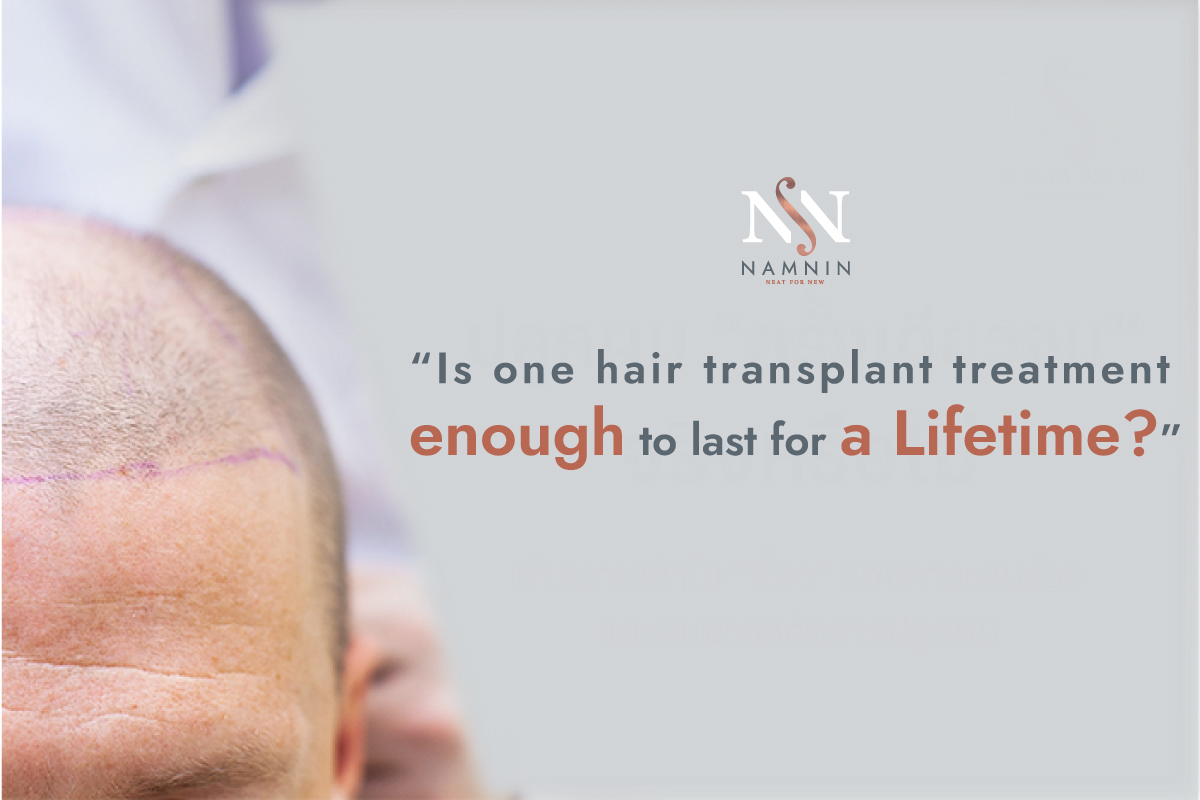Although the FUE hair transplantation technique does not require surgery, and cause only small wounds and less pain, some side effects may be experienced in the early stages. One of these side effects is “itching” commonly on the donor area (the occipital area where the hair follicles have been removed) and the recipient area (where the hair is transplanted). Many people therefore question how the itching occurs. Is it something to worry? How should we deal with it?
Let's take a look at the causes of itching occurring after hair transplantation. As you have already known that during the wound-healing process, the itching is something to come. It is better to understand the process of wound healing first.
The answer to the question of itching after hair transplantation may be right here. It is when the body forms scabs or clot during the healing process. Histamines presented in the scab are released by the body to help with wound healing, may contribute to itching. Histamine is a small molecule released from the mast cell involved with an allergic response. The typical example is the redness and itching when we are as by an insect. There is an assumption that the presence of histamine in the scabs may be the body's mechanism to make us feel itchy and urge to scratch that area to help get rid of unwanted scabs.
There are also some theories about the cause of itching associated with Stage 3 of wound healing process, or angiogenesis and skin regeneration phase, explaining that the scabs will retract the skin that cause itching.
Other explanations said that the medical procedures cause the skin lesions and affects the nerves as well as make sweat glands produce too little sebum that leads to dry skin and itching. In addition, when our bodies are repairing themselves through healing wounds and damaged nerve, the nerves are more sensitive than usual, especially when the wound is almost completely healed.
Therefore, it could be concluded that this itching indicates that the healing process is well on its way. The experts also confirm that the itching after hair transplantation is nothing to worry about because it is very common. Dealing with the itchy skin starts with patience. Try not to scratch the transplanted area because it may cause the hair grafts or newly grown hair follicles come off. Your physician may recommend you to use a spray or oil like olive oil to help reduce itching or take a medication (antihistamines) to relieve itchy skin as well.
To take care of hair after undergoing a hair transplantation procedure is not just keep observing the conditions and symptoms mentioned above, but the following guidelines and instructions of care should be followed for the most effective and satisfactory results and least failure:
- Do not do anything that causes transplanted hair falling out;
- Should not touch the implanted hair grafts;
- Sleep with your head elevated to reduce swelling;
- Avoid strenuous exercise for at least 3 days;
- Abstain from drinking alcoholic drinks for 2-4 weeks;
- Refrain from using chemicals or hair dyeing for 2-3 months;
- Prevent the scalp from exposure to direct sunlight or heat for at least a month.
Most importantly, you should see your doctor as scheduled to follow-up the results.
That’s all you need to guarantee your naturally beautiful and healthy hair and scalp after hair transplantation. Ready to be brand new you with enhanced self-esteem.
